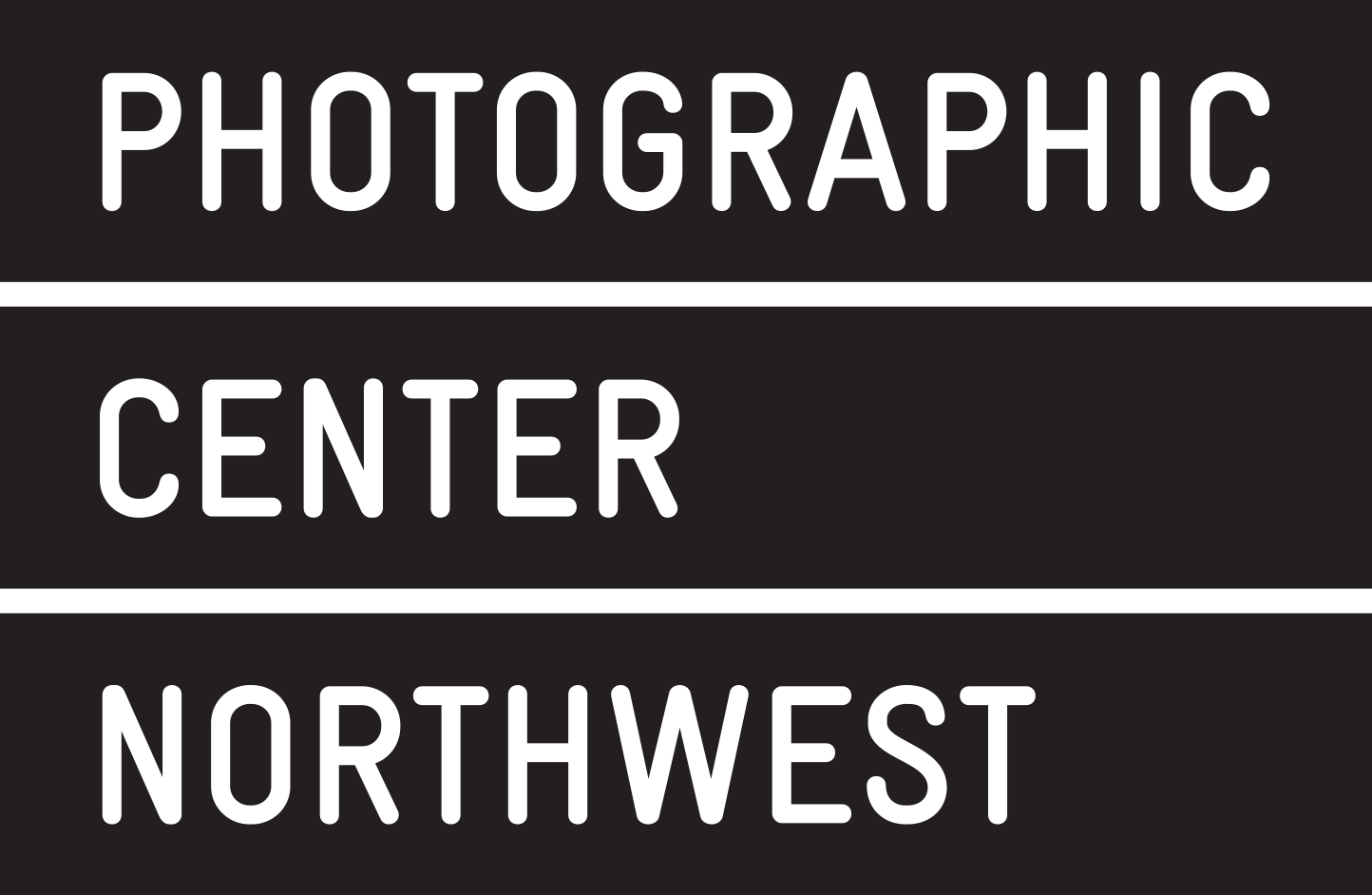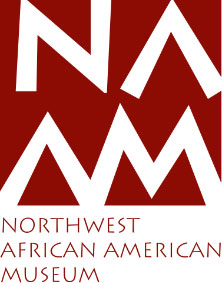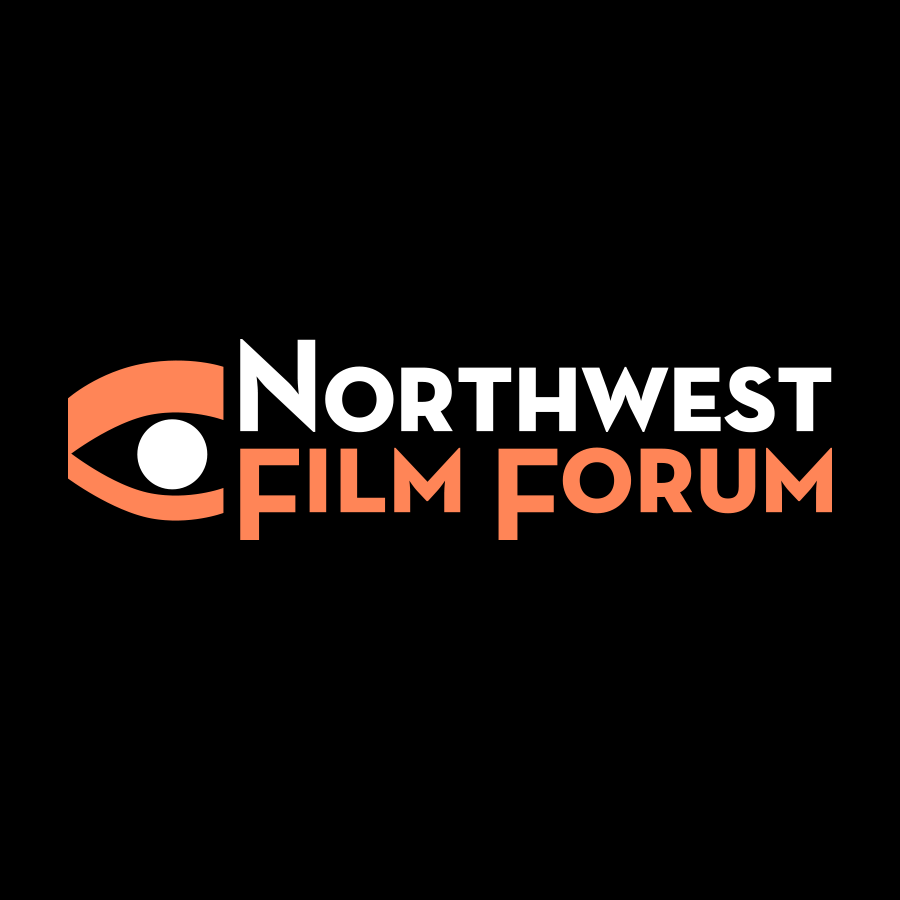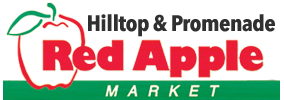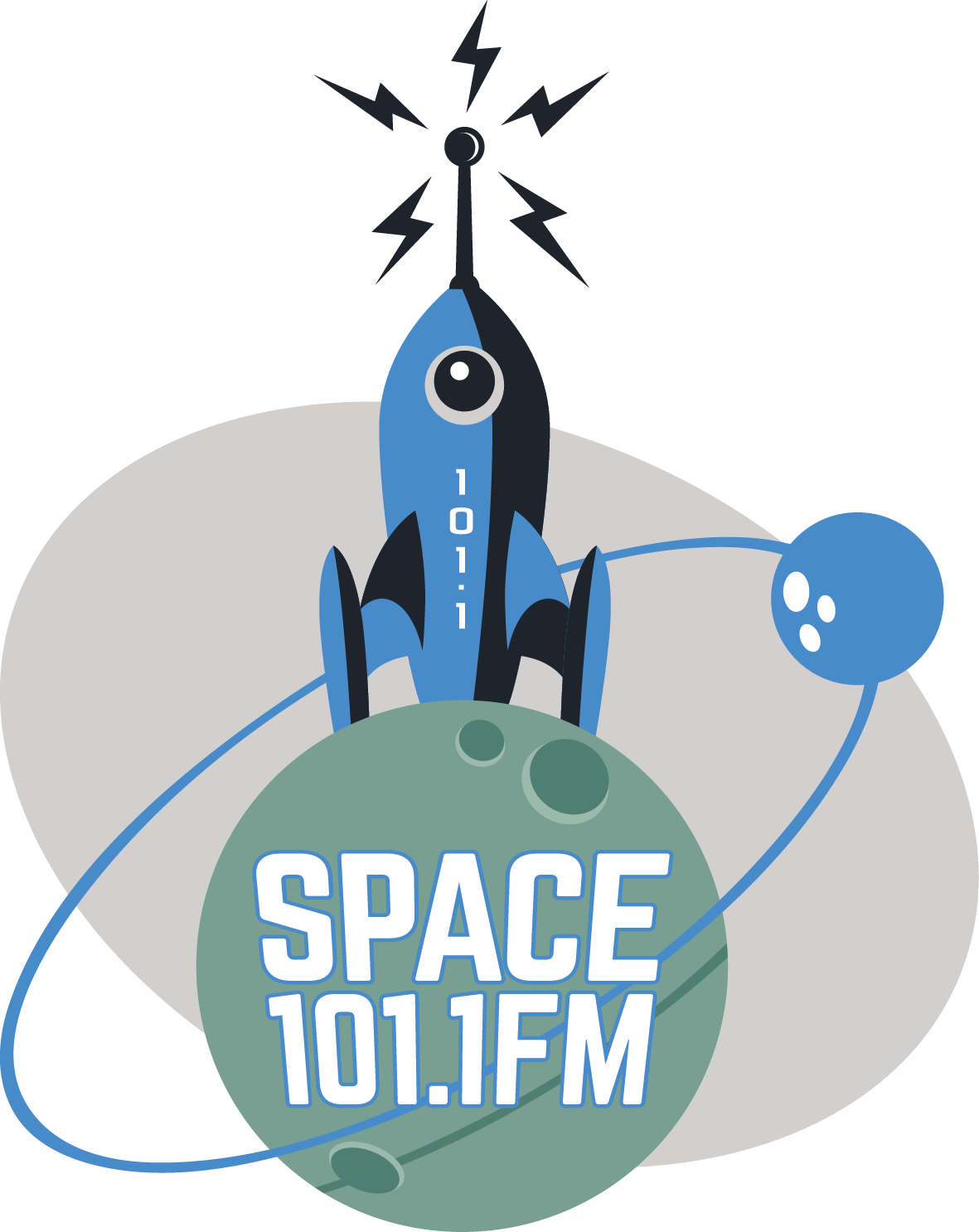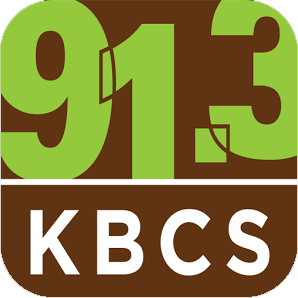In November, 2025, Shelf Life releases a new book of Central District oral histories illustrated by Central District artists. Join us at one of our book release events, meet some of the artists and community members whose art and stories appear in the book! Details here.
The Shelf Life Community Story Project records oral histories with current and former residents of Seattle's Central District neighborhood. We believe community stories and neighborhood histories can change the way we think about community - what it means to have it and what it means to lose it. We hope the stories we're recording can influence conversations about change and shift the way this city imagines its future.
Listening to Shelf Life Stories at 23rd and Union
Projecting Shelf Life Stories at 25th and Jackson
The stories we record are shared with the public through community celebrations and installations, social media, community radio, the Shelf Life podcast, pop-up projection events, and the project website.
Shelf Life lives at Wa Na Wari, a Central District home for Black art, stories, and connection.
Our objectives are to:
1) Interrupt the narratives of erasure that accompany the gentrification and displacement
taking place in Seattle’s Central District neighborhood.
2) Amplify, preserve, and learn from the voices, experiences, and histories of Central District communities.
2) Contribute historical context to conversations about change in the Central District.
We believe:
1) During this period of rapid change, Seattle could learn a lot from the Central District’s unique history;
lessons that might even help us grow a city with room enough for everyone,
a city where historic residents can feel safe, thrive, and stay in their communities.
2) History has the power to depolarize civic and individual conversations about change.
3) When people are displaced, they experience isolation and vulnerability. Community stories reconnect people.
WHO WE ARE
Shelf Life is an independent collective of photographers, artists, librarians, historians, filmmakers, and educators.
Mayowa Aina
Mayowa Aina is a girl from NE Tacoma, WA who likes to wear many hats (sometimes at the same time!). As a student she studied International Studies, Informatics, Music, and Comparative History of Ideas at the University of Washington Seattle. As a writer, radio host, and aspiring producer she listens to stories and amplifies them to challenge, empower, and liberate others.
Inye Wokoma
Inye Wokoma is a filmmaker, photographer, writer, and educator with a passion for photojournalism and social justice, environmental and cultural subjects.
Domonique Meeks
Domonique Meeks is an entrepreneur and filmmaker. He is a recent Masters graduate from the University of Washington and does consulting around data analytics and content strategy. He has a passion for social and economic justice, informatics, and art. He utilizes data and media to tell community stories of entrepreneurship and technology.
Henry Luke
Henry Luke is a community organizer, mural artist, and arts educator from occupied Duwamish territory known as Seattle. They have painted walls, taught classes, and organized since 2009, in the greater Seattle area and beyond.
WHAT WE DO
For almost two years, Shelf Life had a community storybooth in the storefront next door to the Promenade Red Apple. In that space we recorded oral history interviews with Central District residents, trained community members in audio recording and interviewing techniques, hosted open houses and live storytelling events, and shared youth art exhibits. We lost that space, at the end of 2017, when the Promenade was demolished to make way for market-rate housing. We dedicated most of 2018 to the production of the Shelf Life podcast and a collaboration with the City of Seattle Office of Arts and Culture, in which we hosted a series of community events seeking input from current and former residents of the Central District about how they would like to see the stories we've recorded returned to the neighborhood.
Now, we live at Wa Na Wari, a Central District home to Black art, stories, and connection. There, we continue to record and share Central District stories. We are also offering an archiving service, inviting community members to bring their photos and ephemera to Wa Na Wari so we can help you scan those items and take them home for your personal archive. When you visit Wa Na Wari, you can listen to some of the oral histories we’ve recorded at listening stations throughout the home.
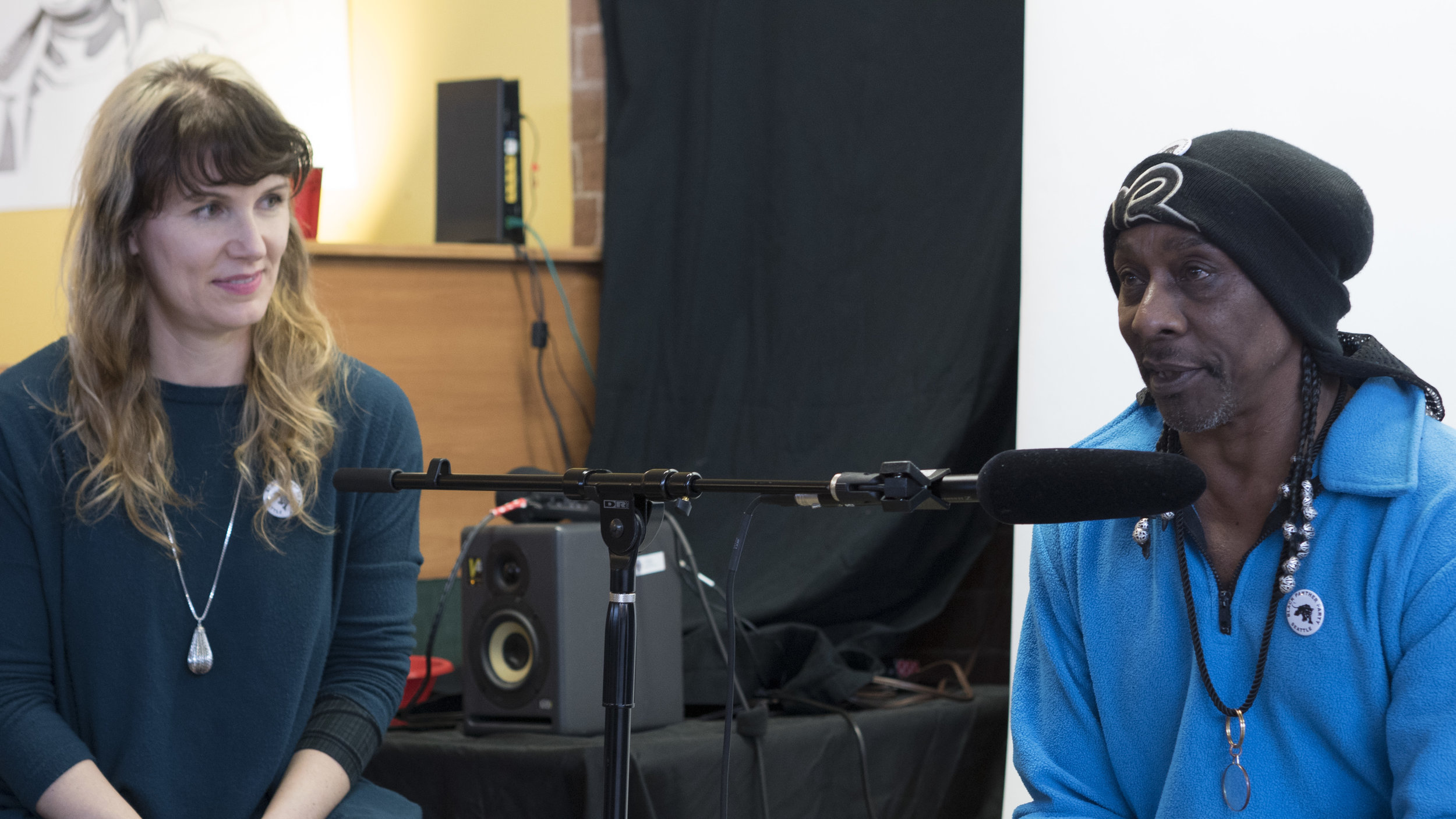
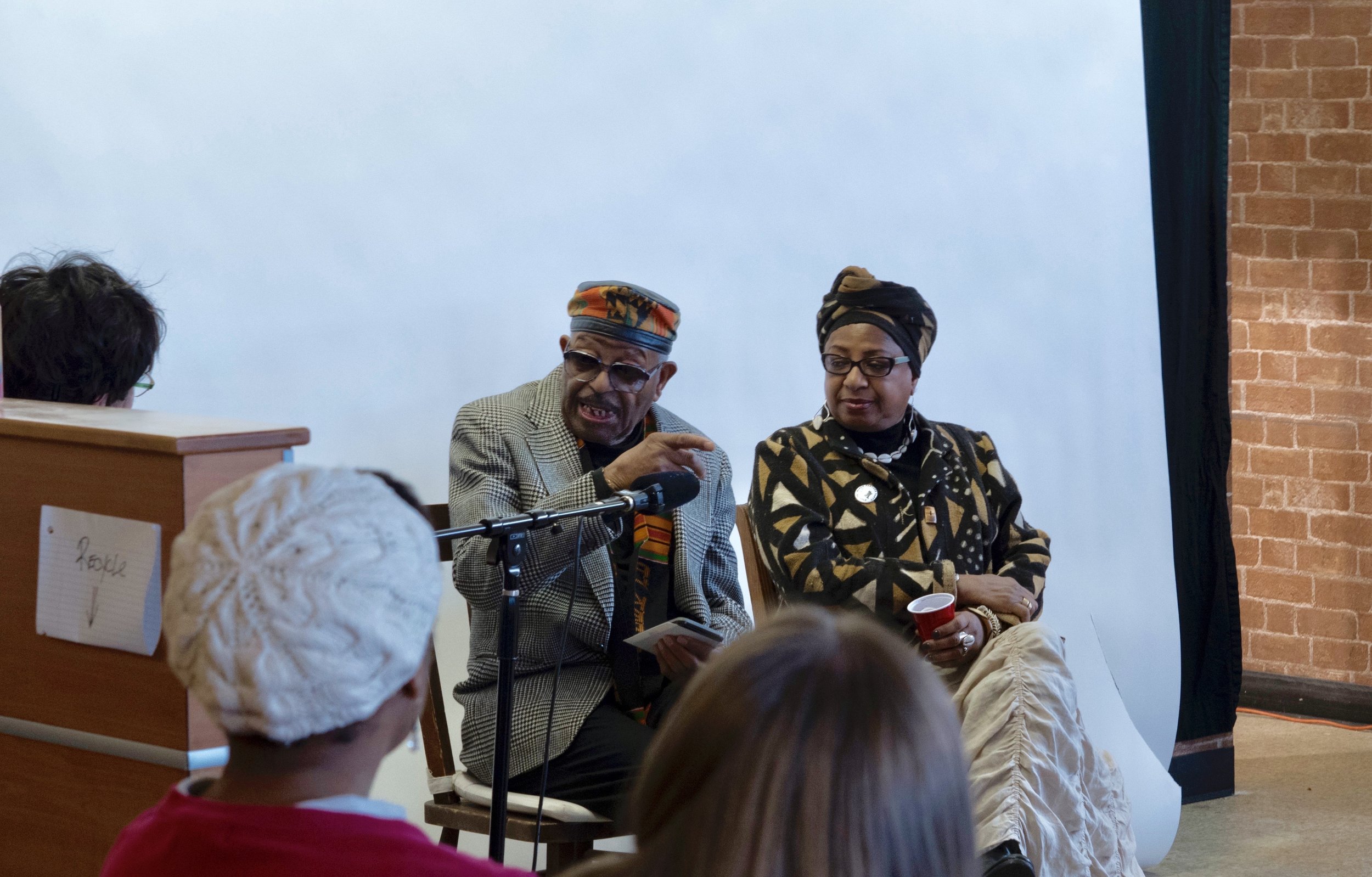
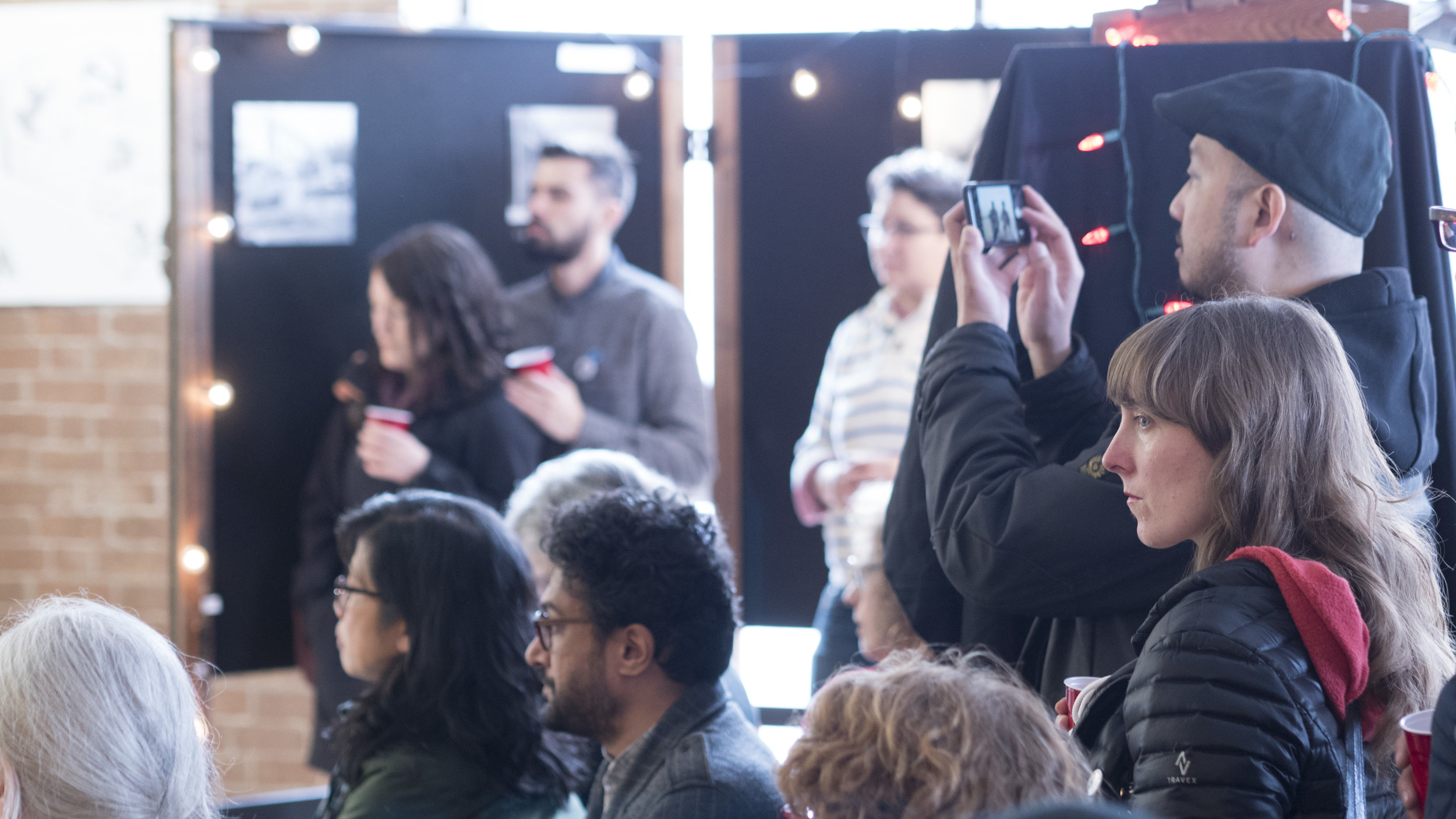
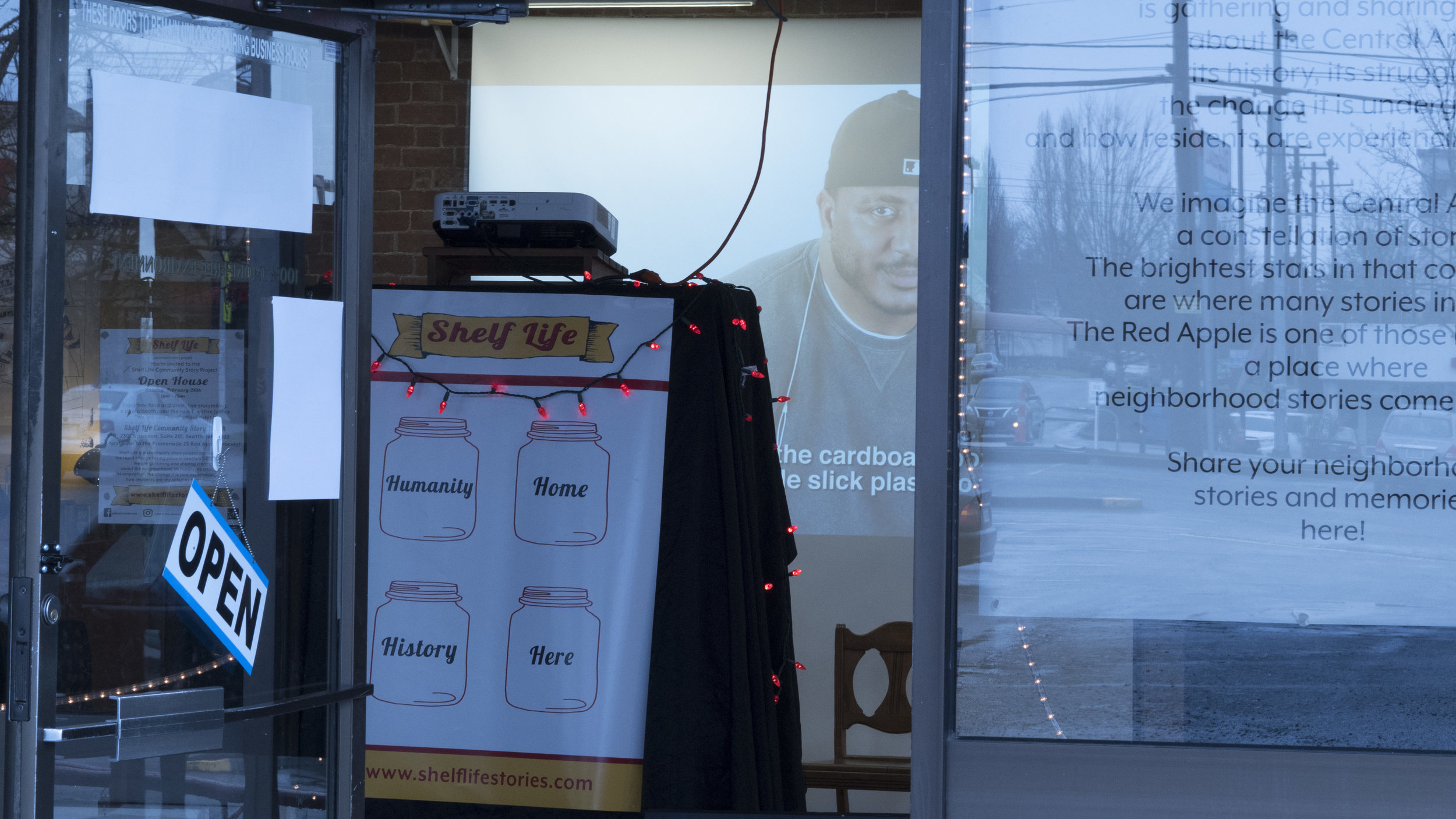
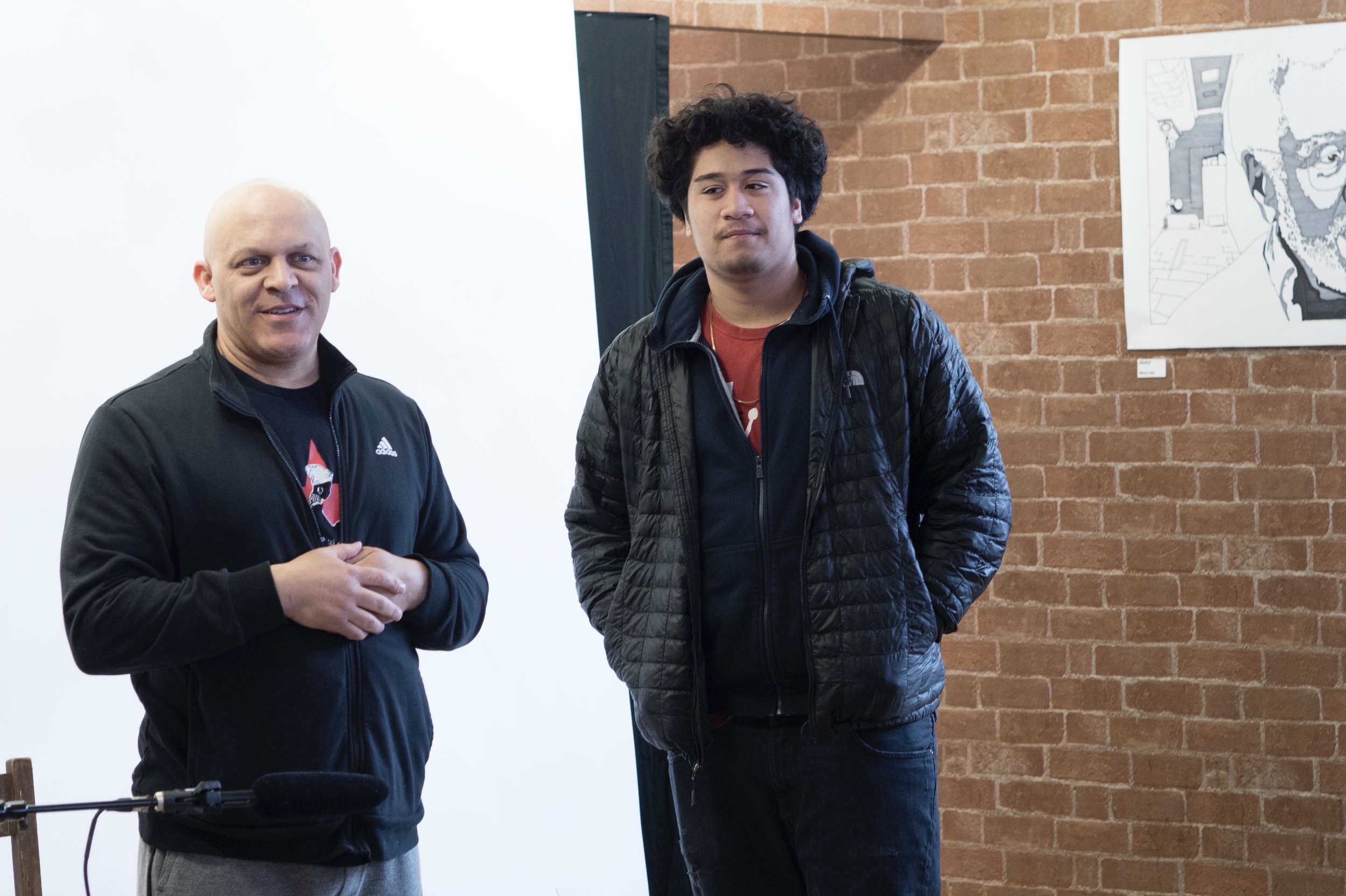
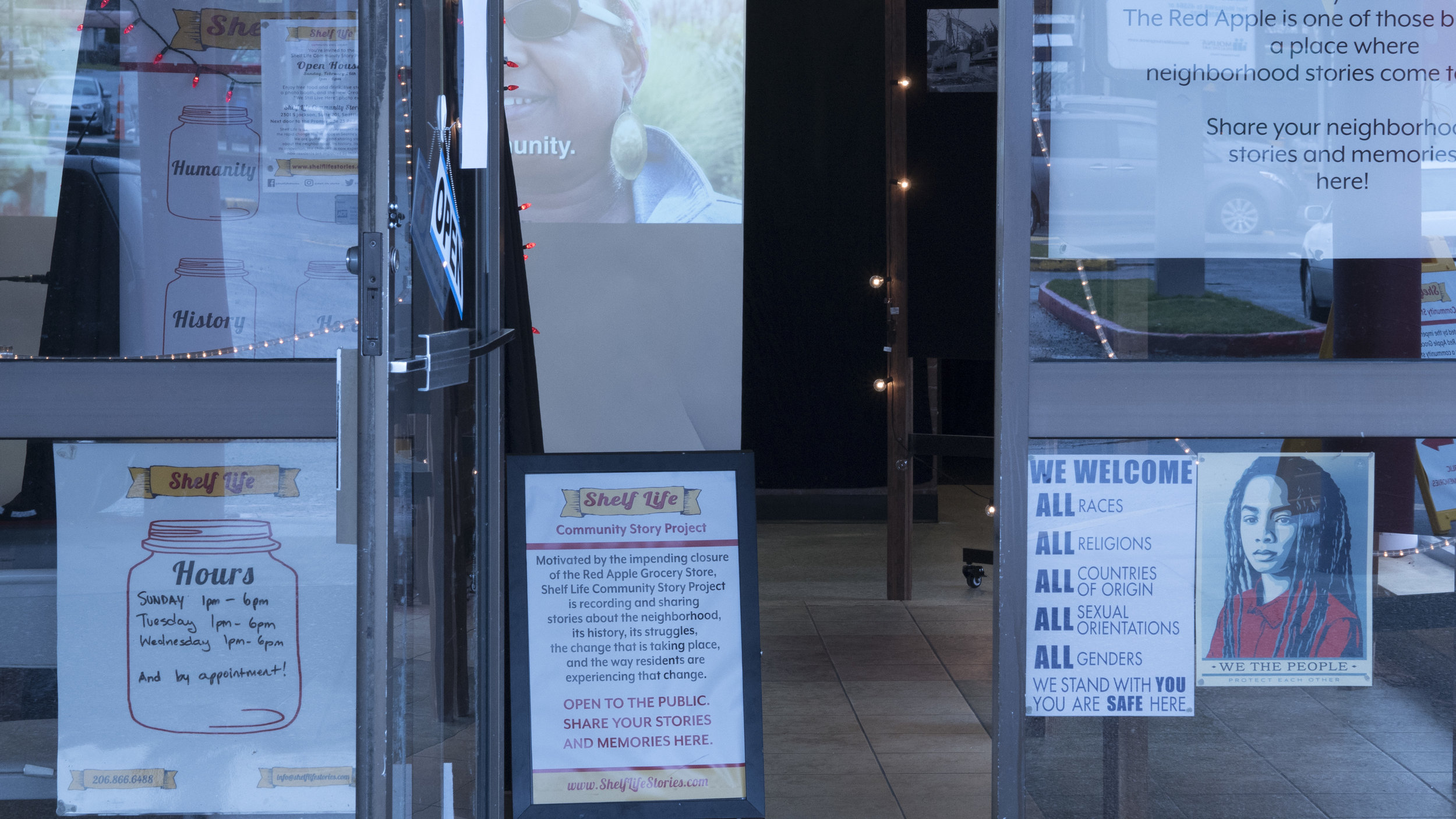
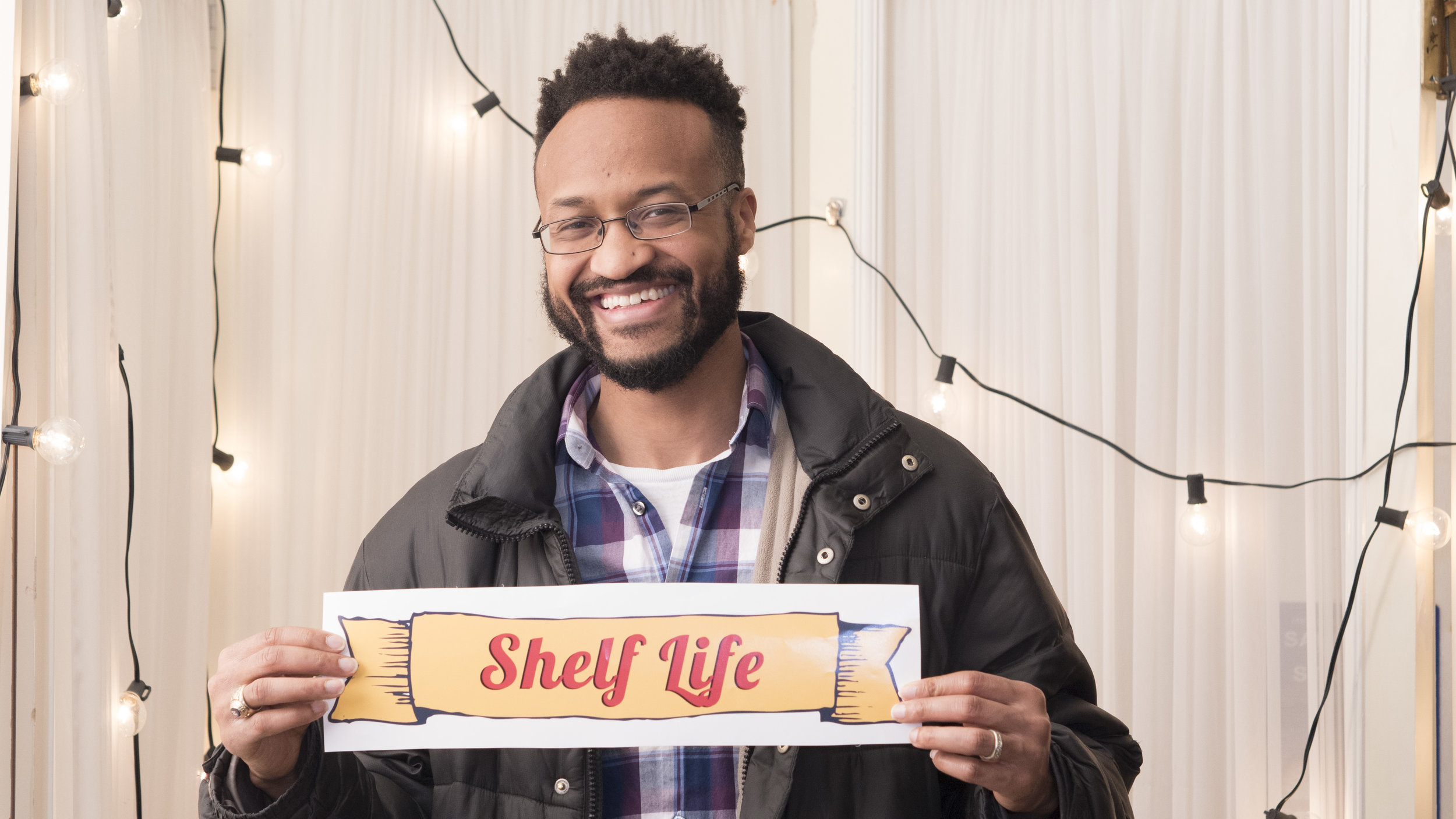
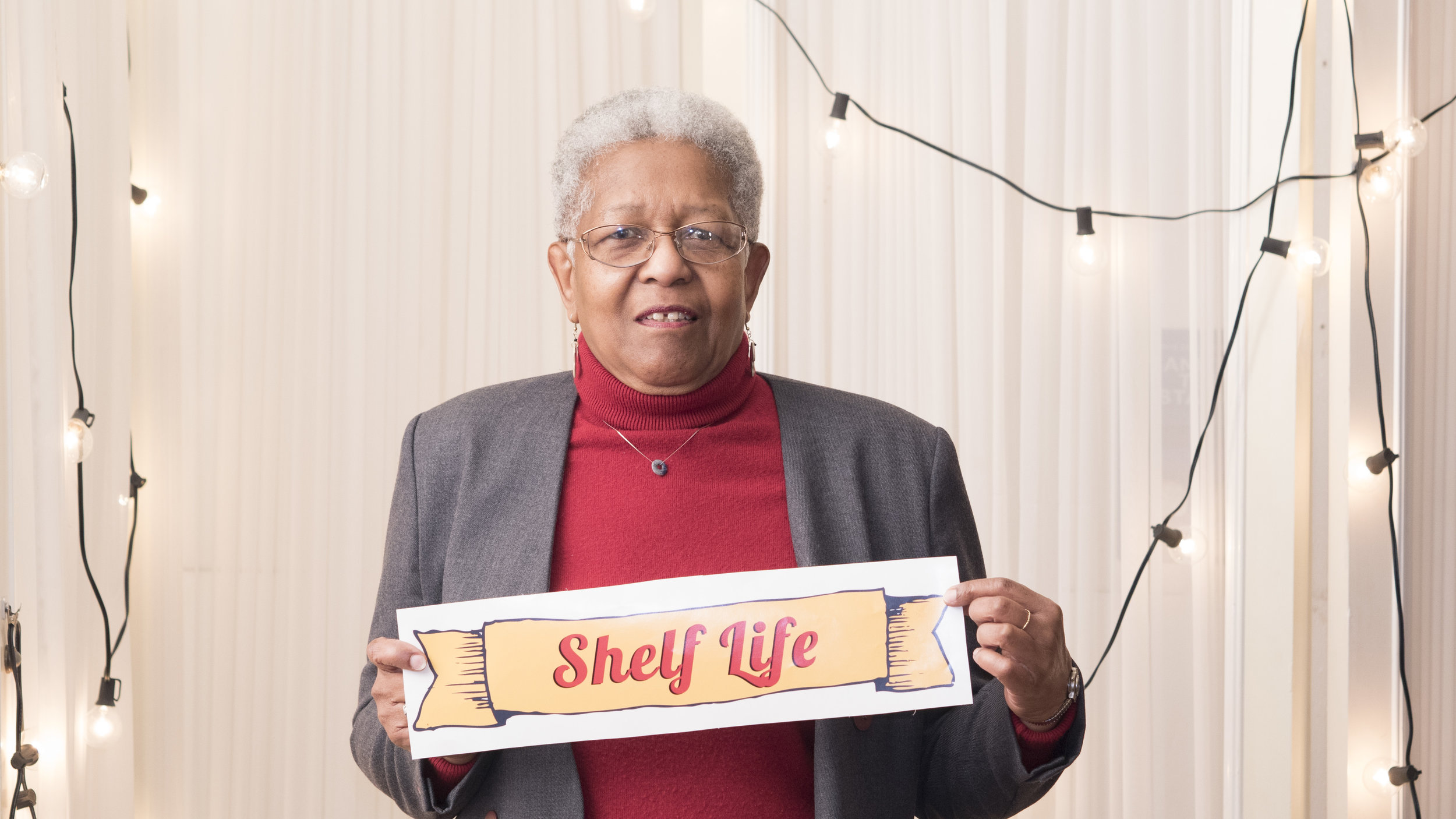
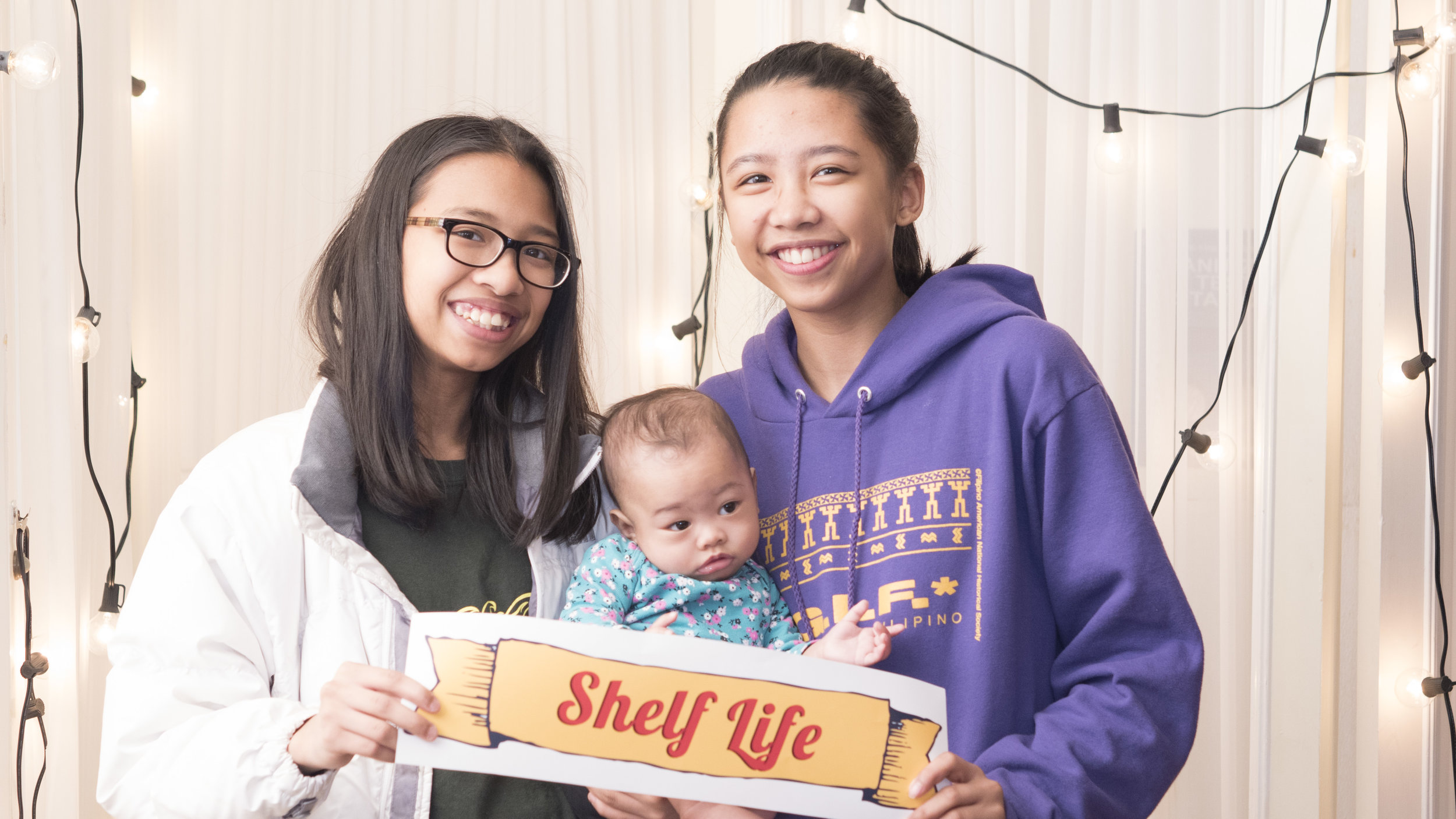
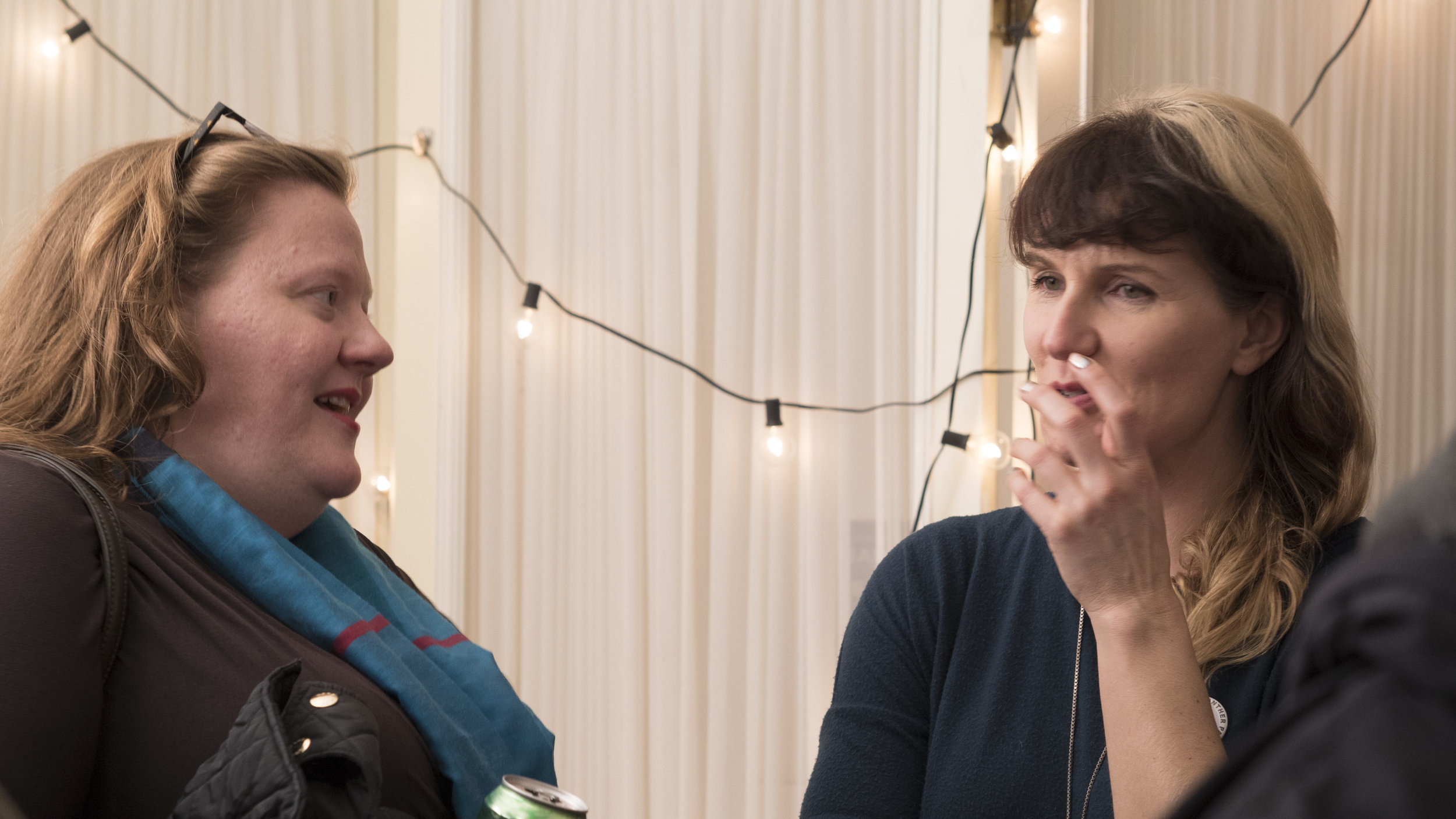
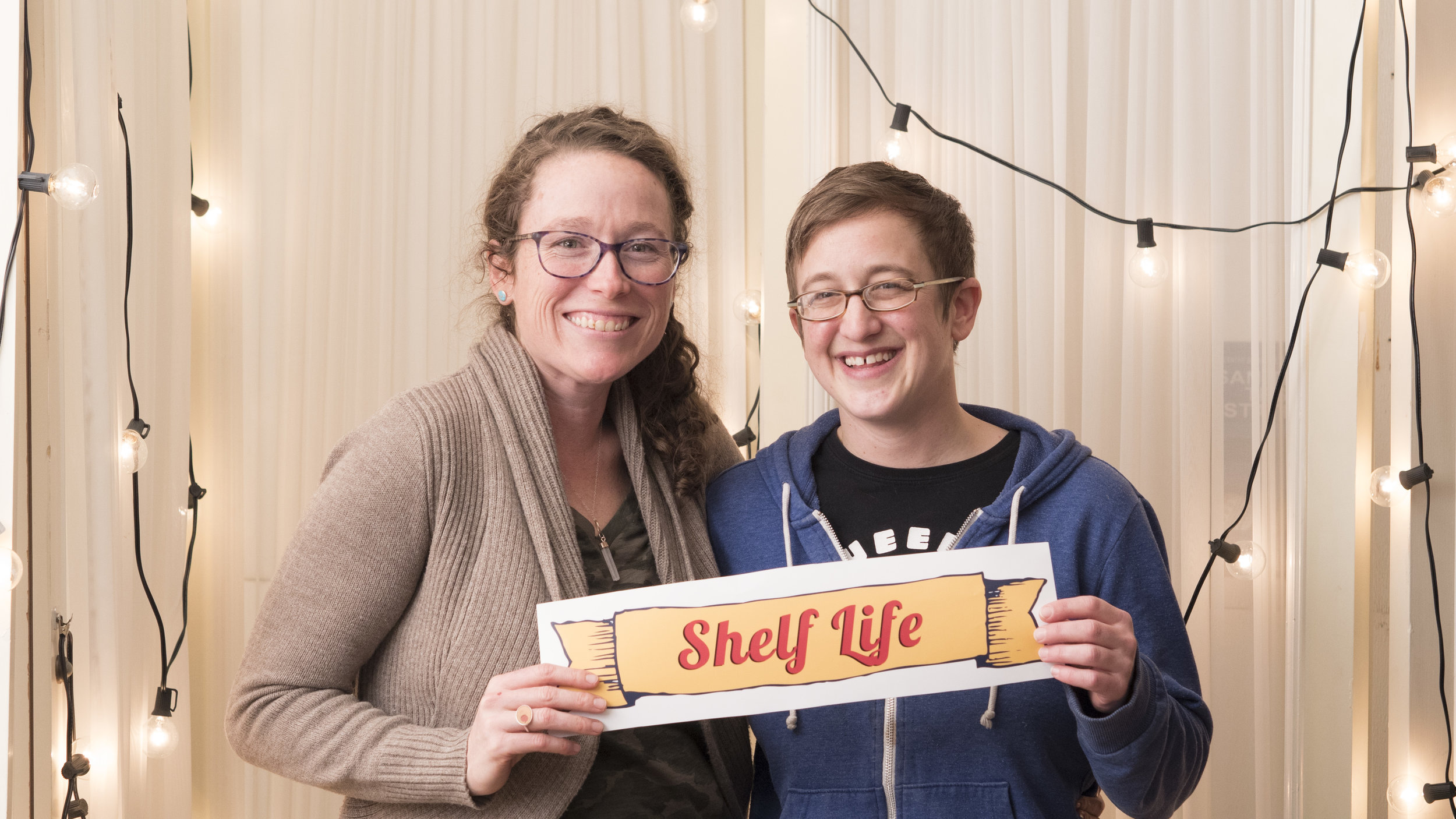
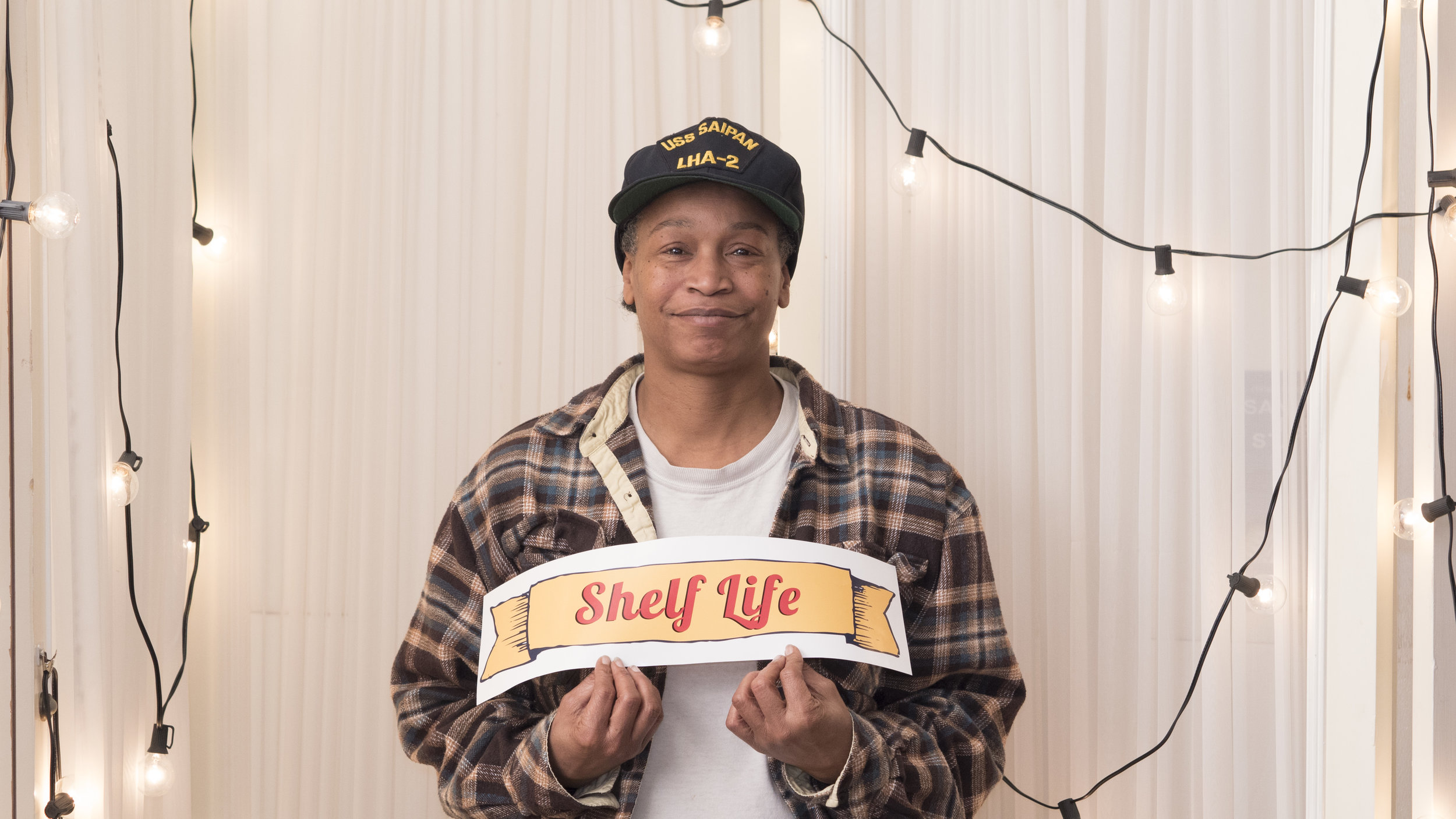
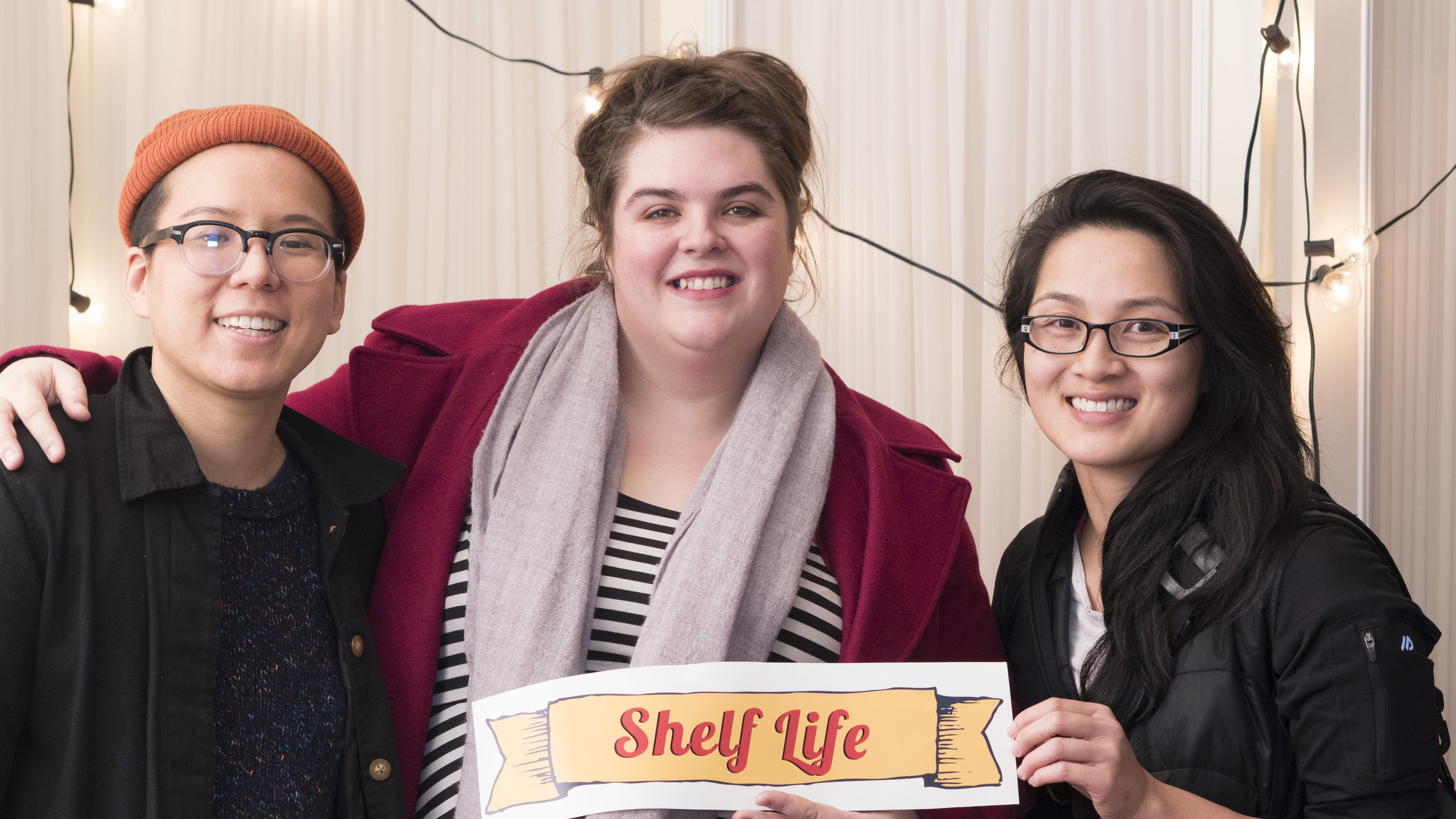
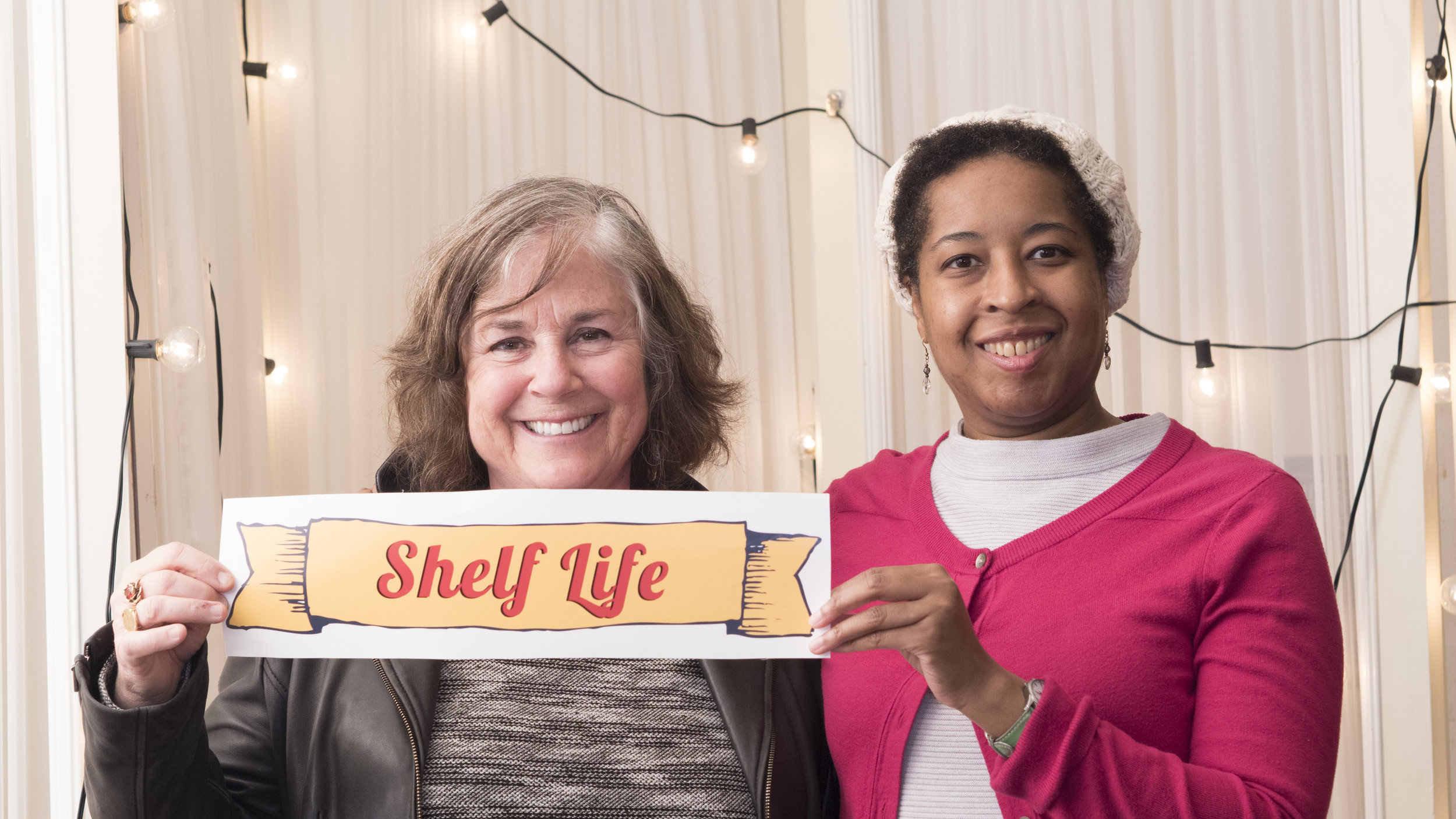
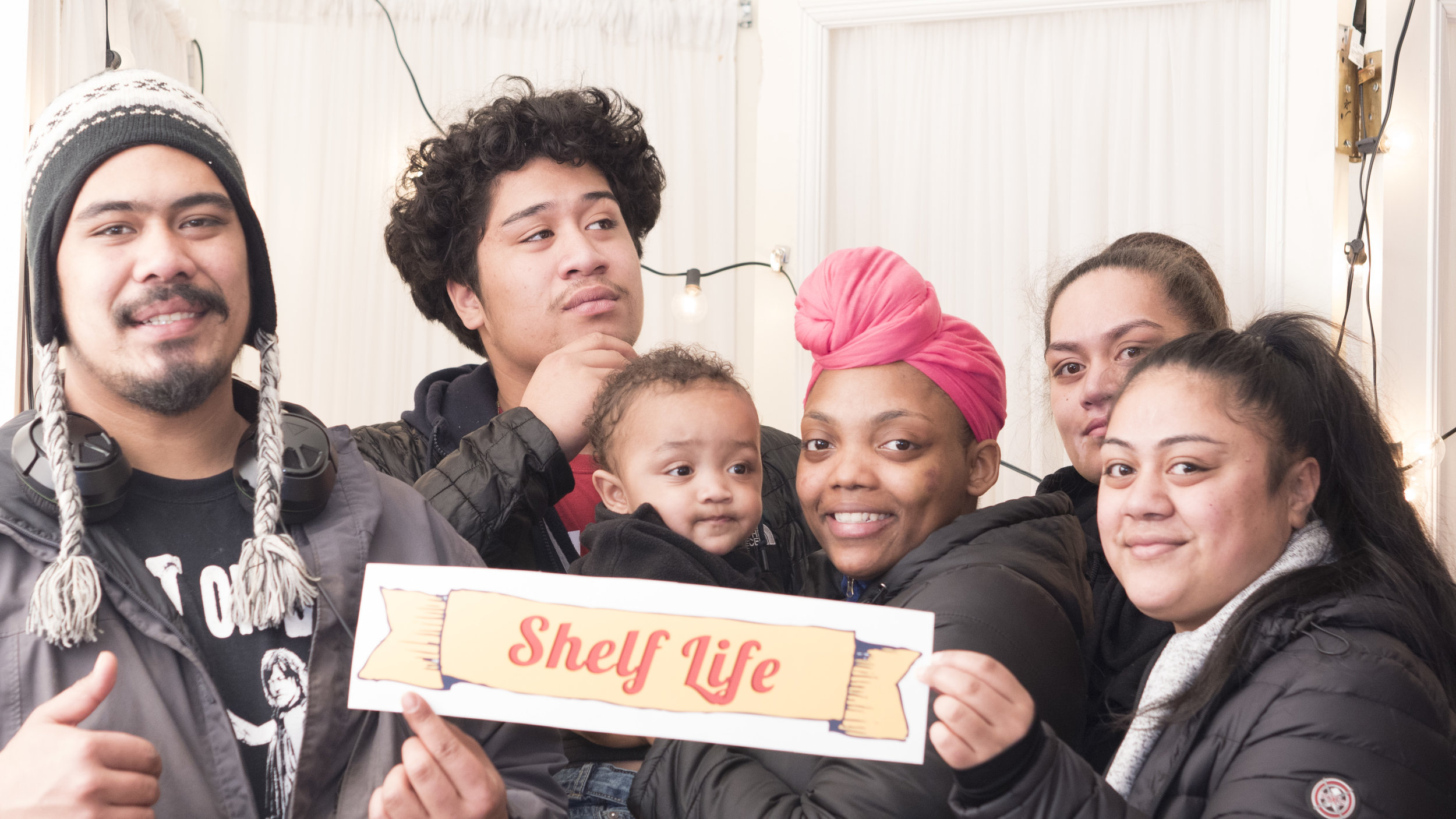
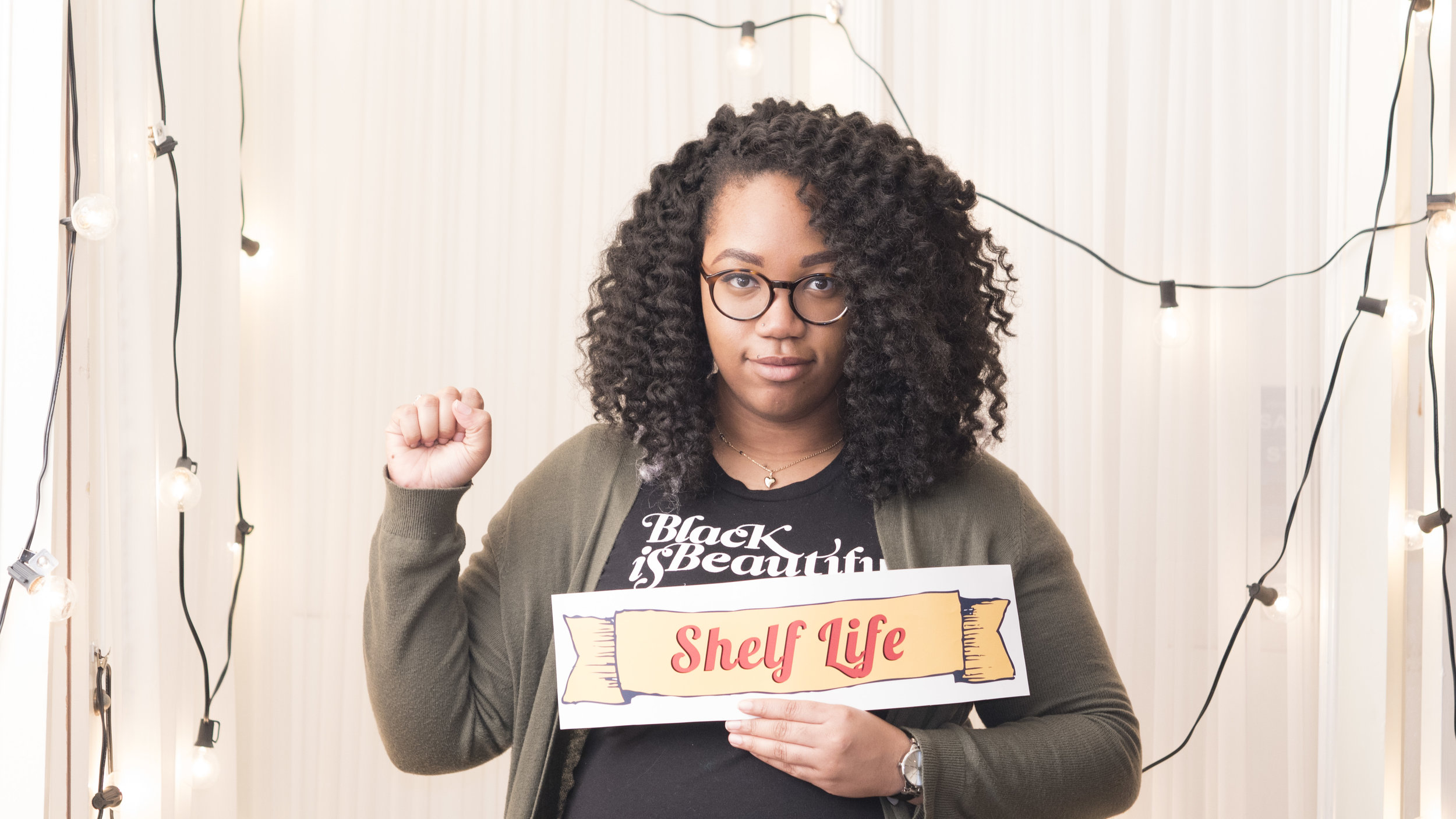
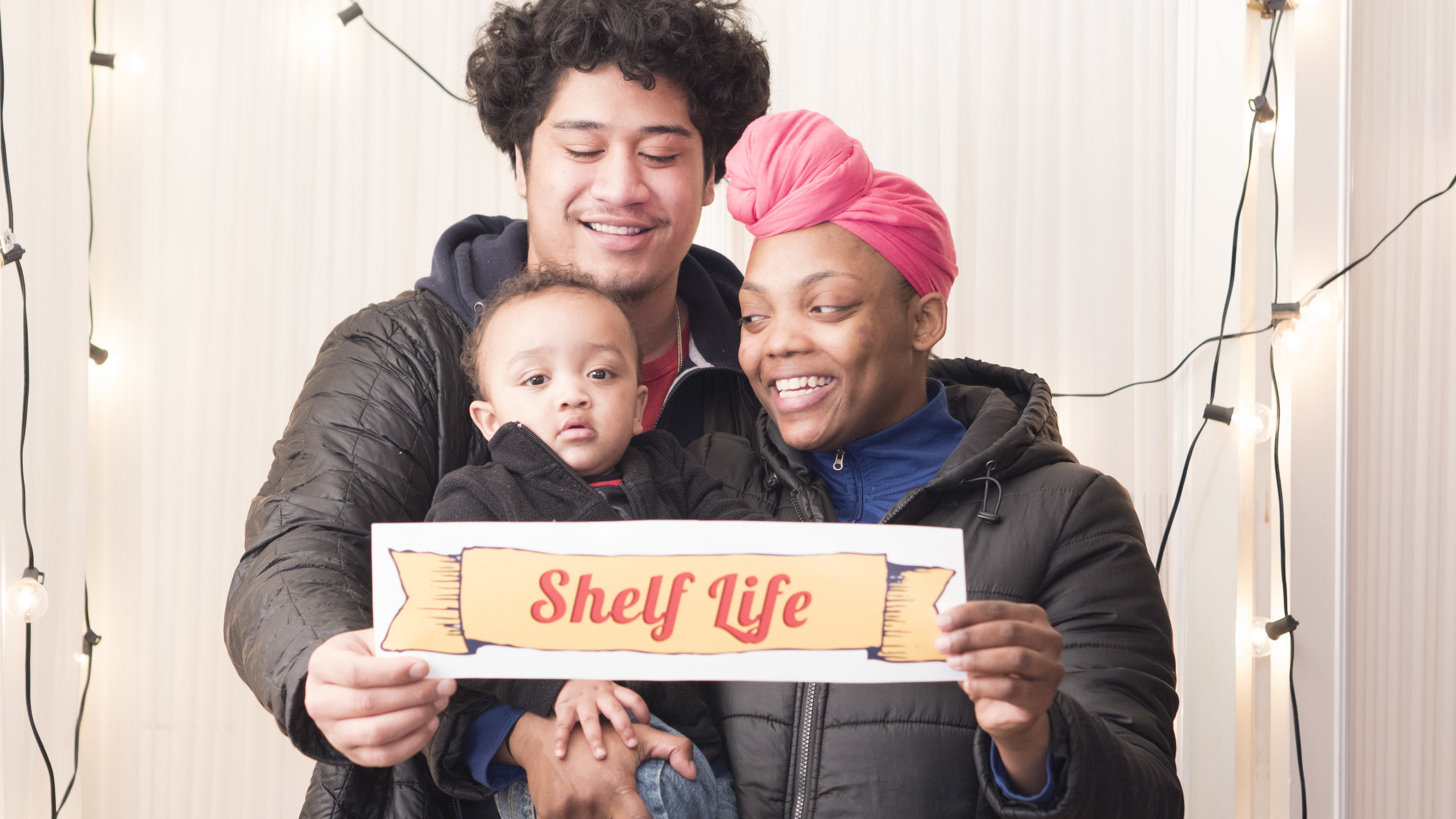
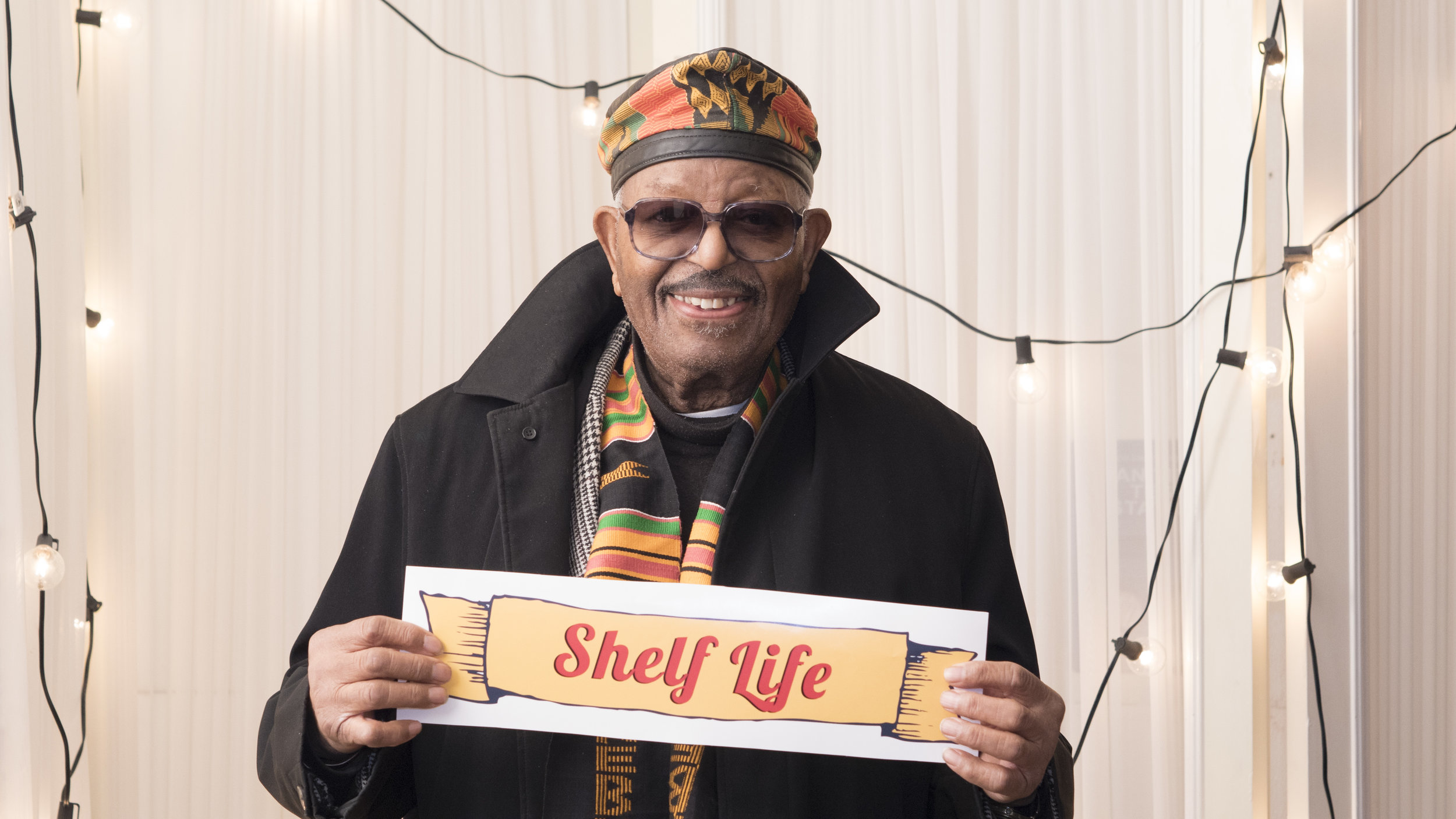
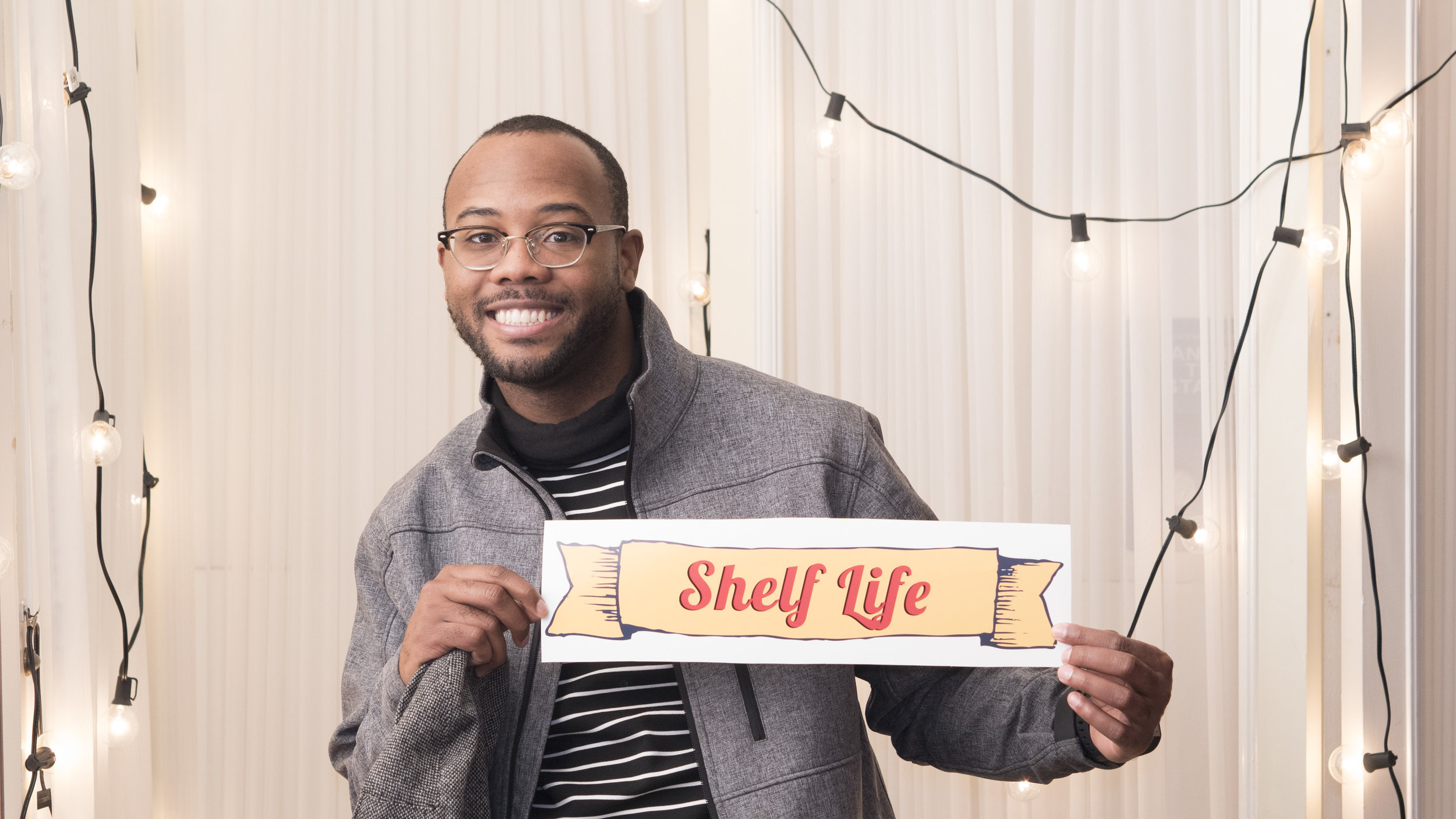
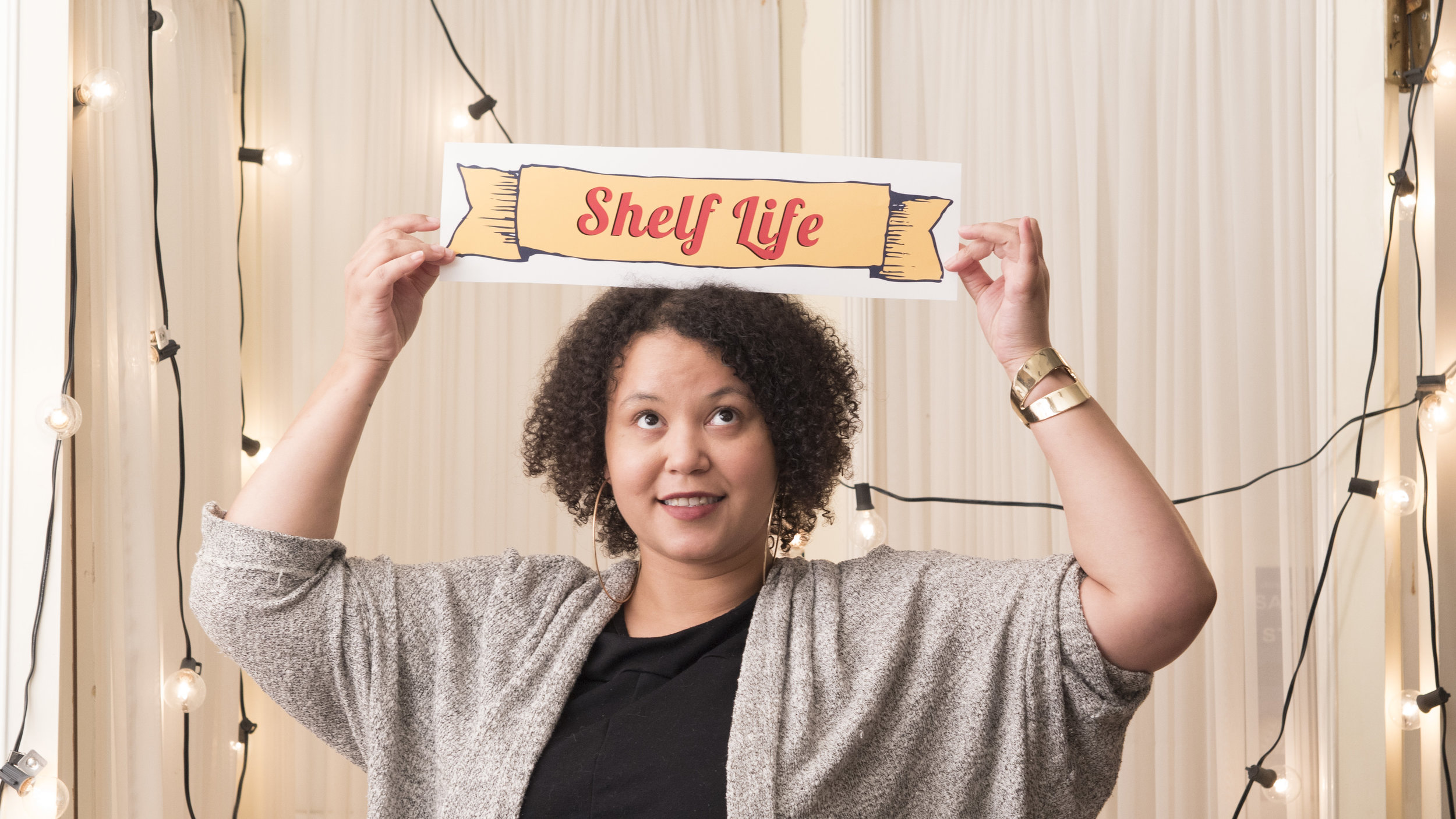
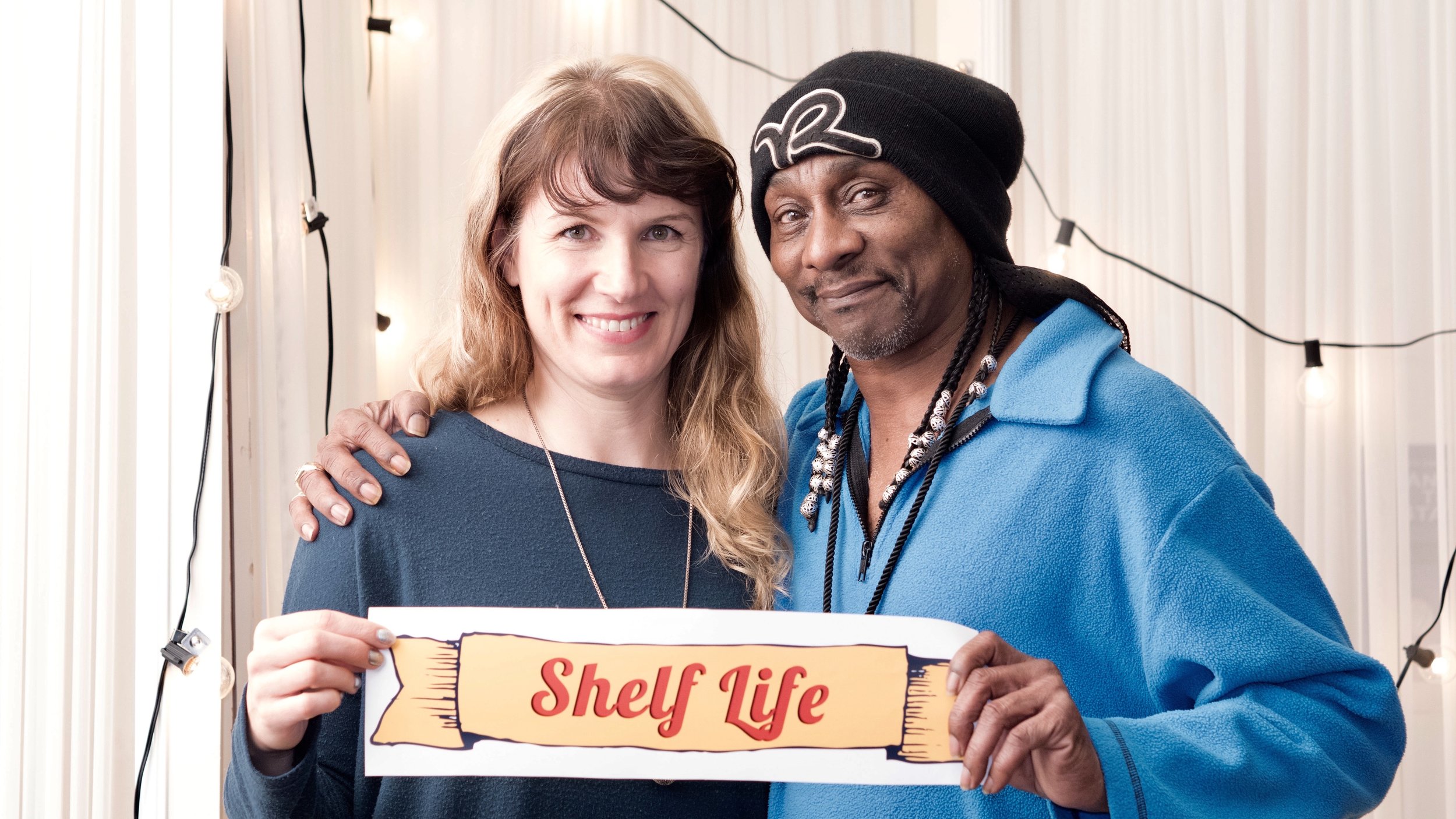
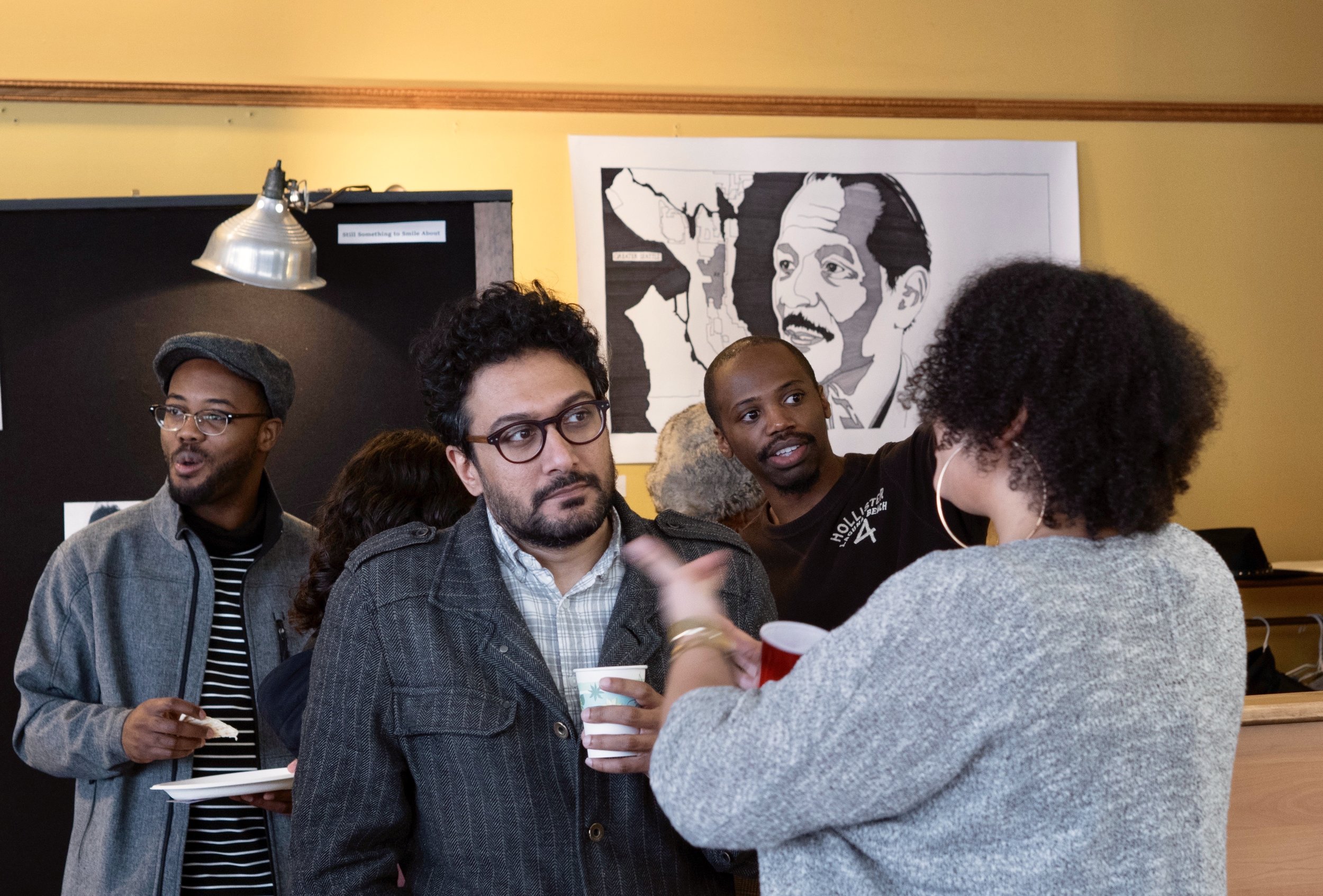
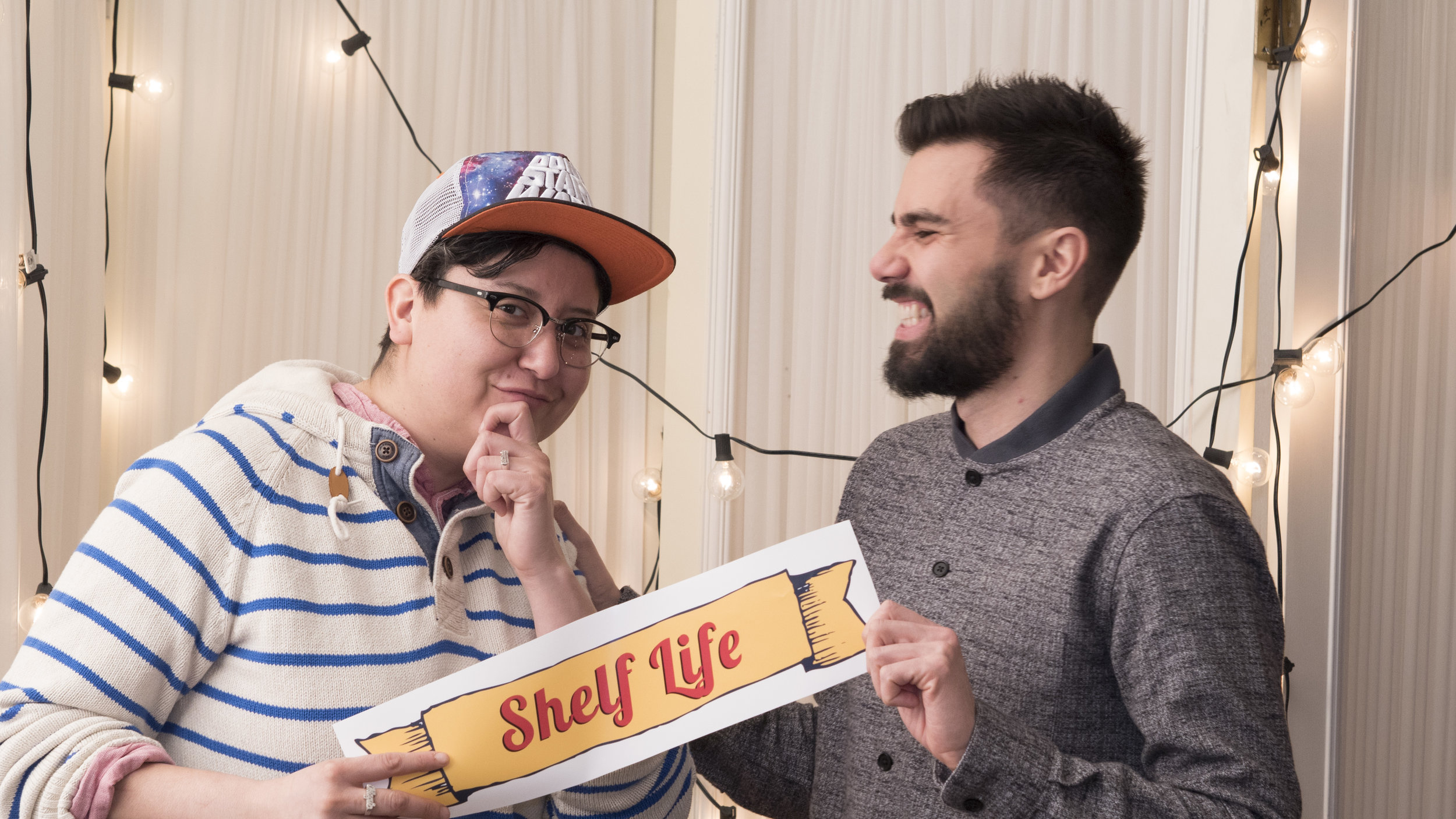
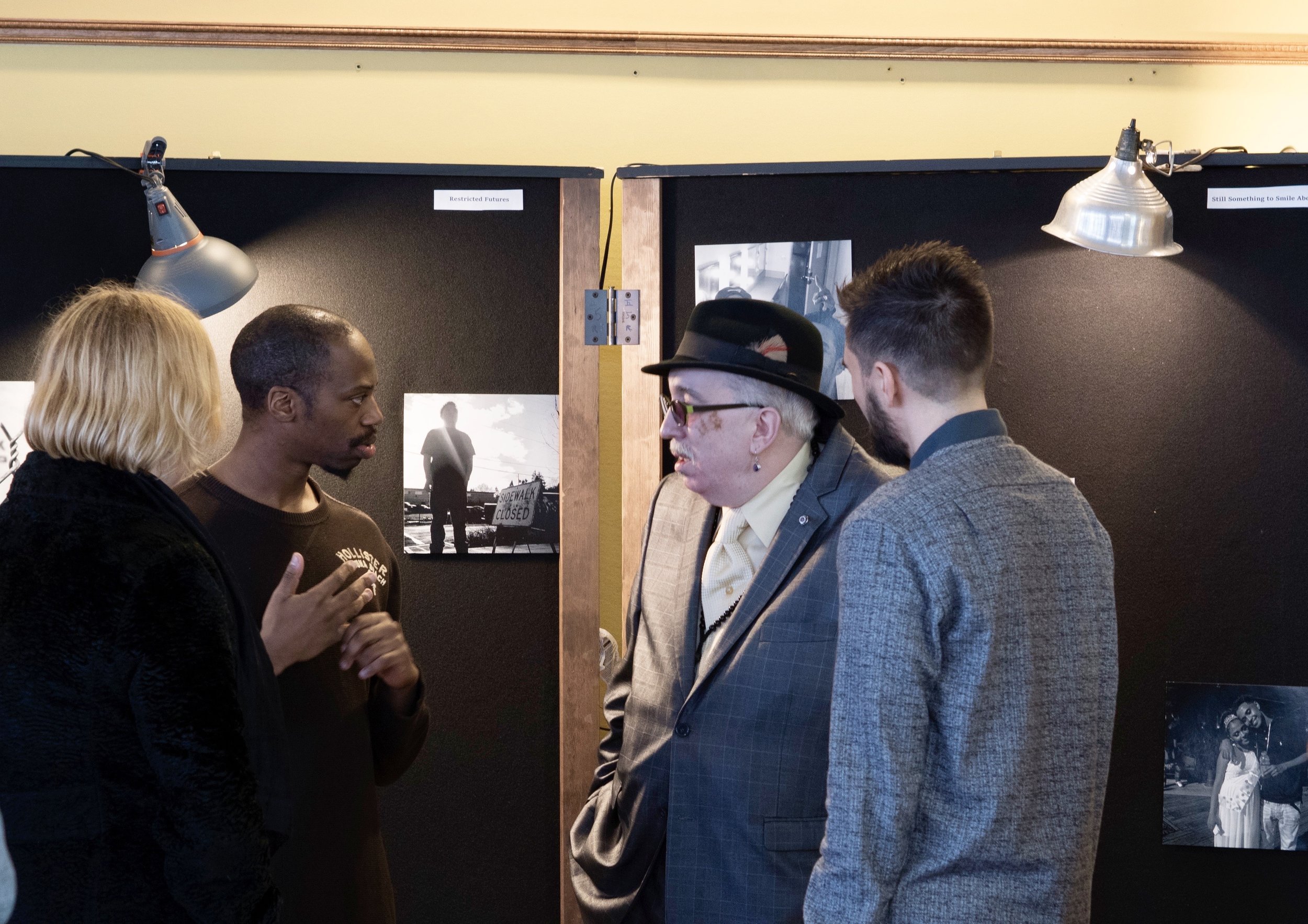
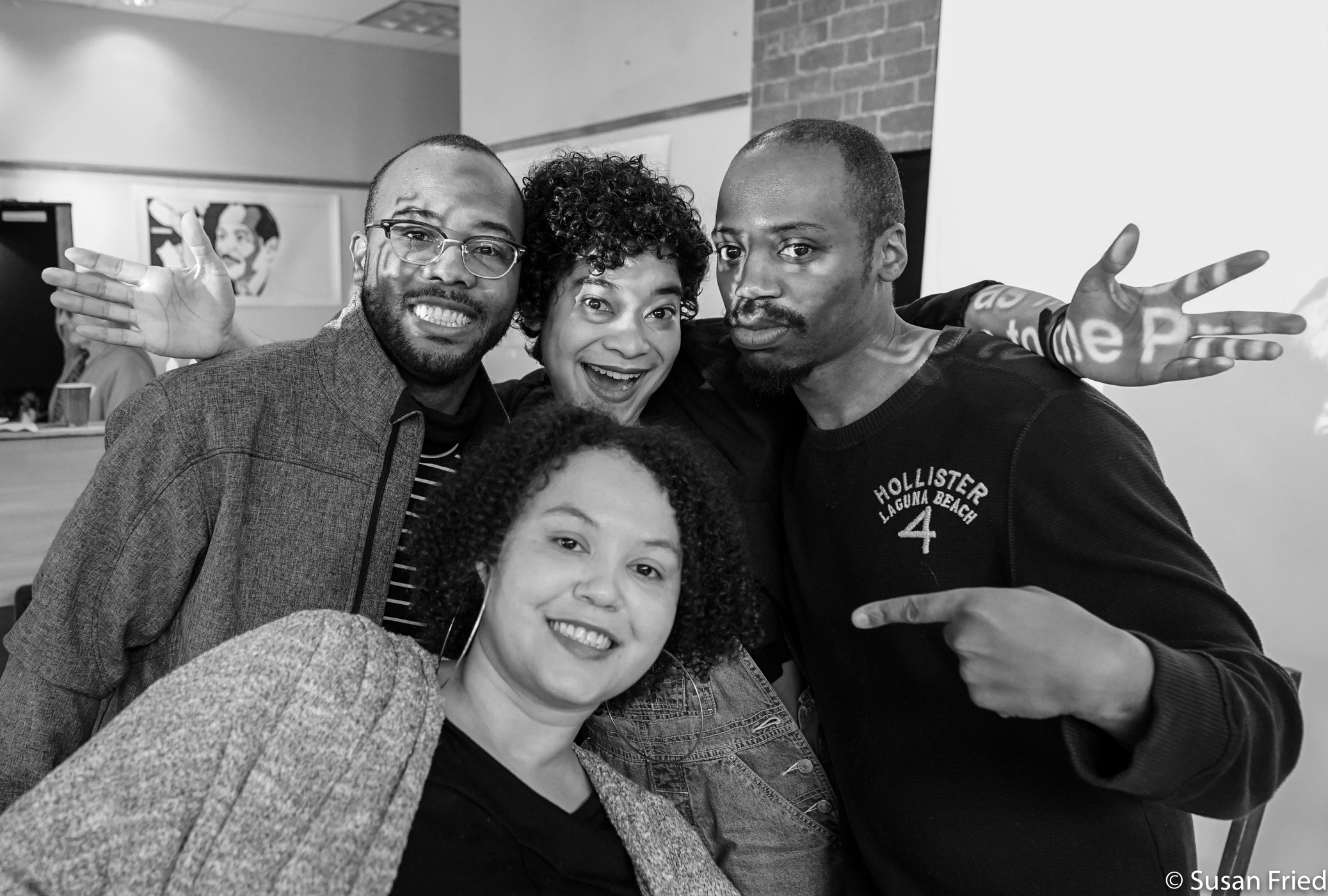
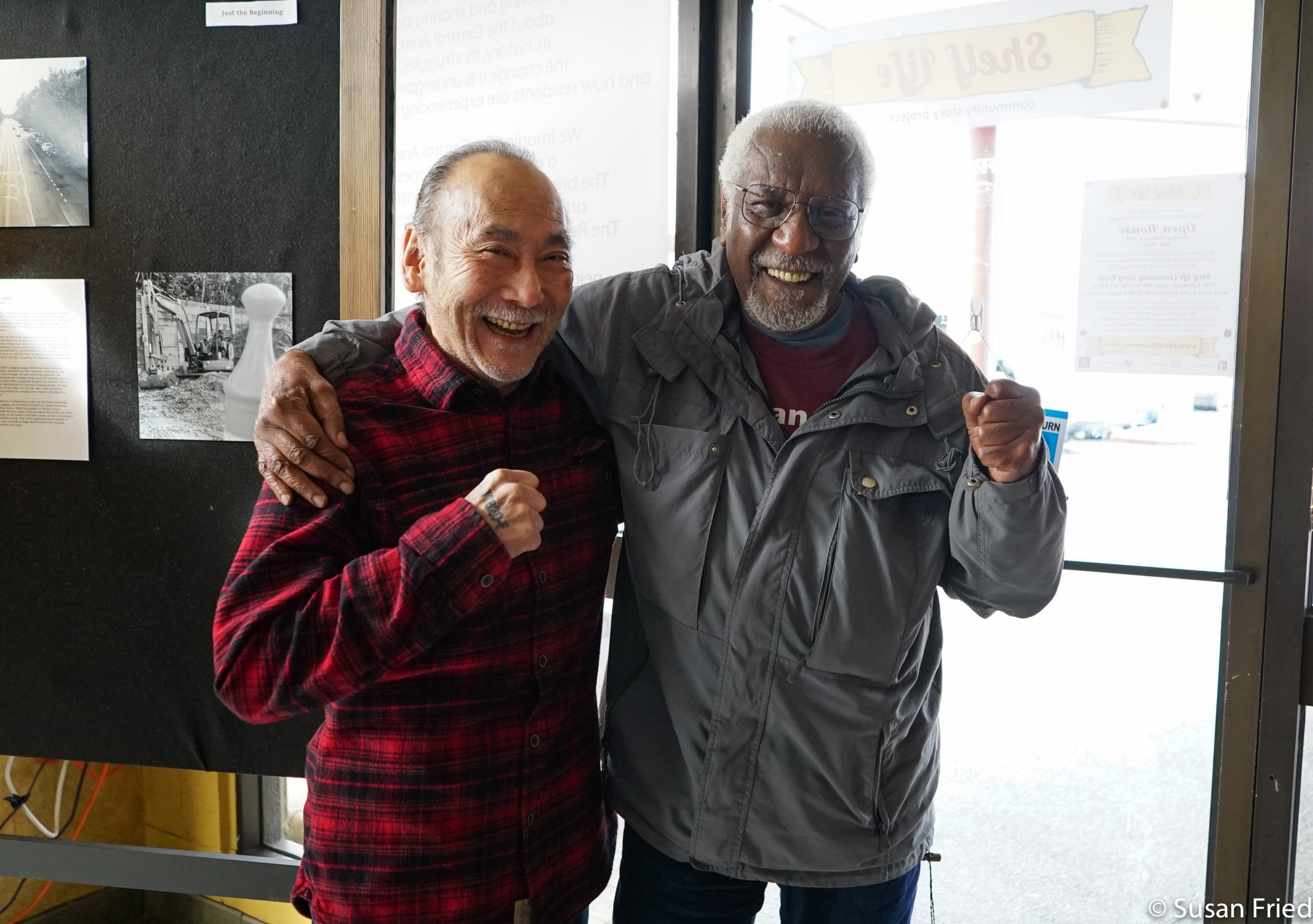
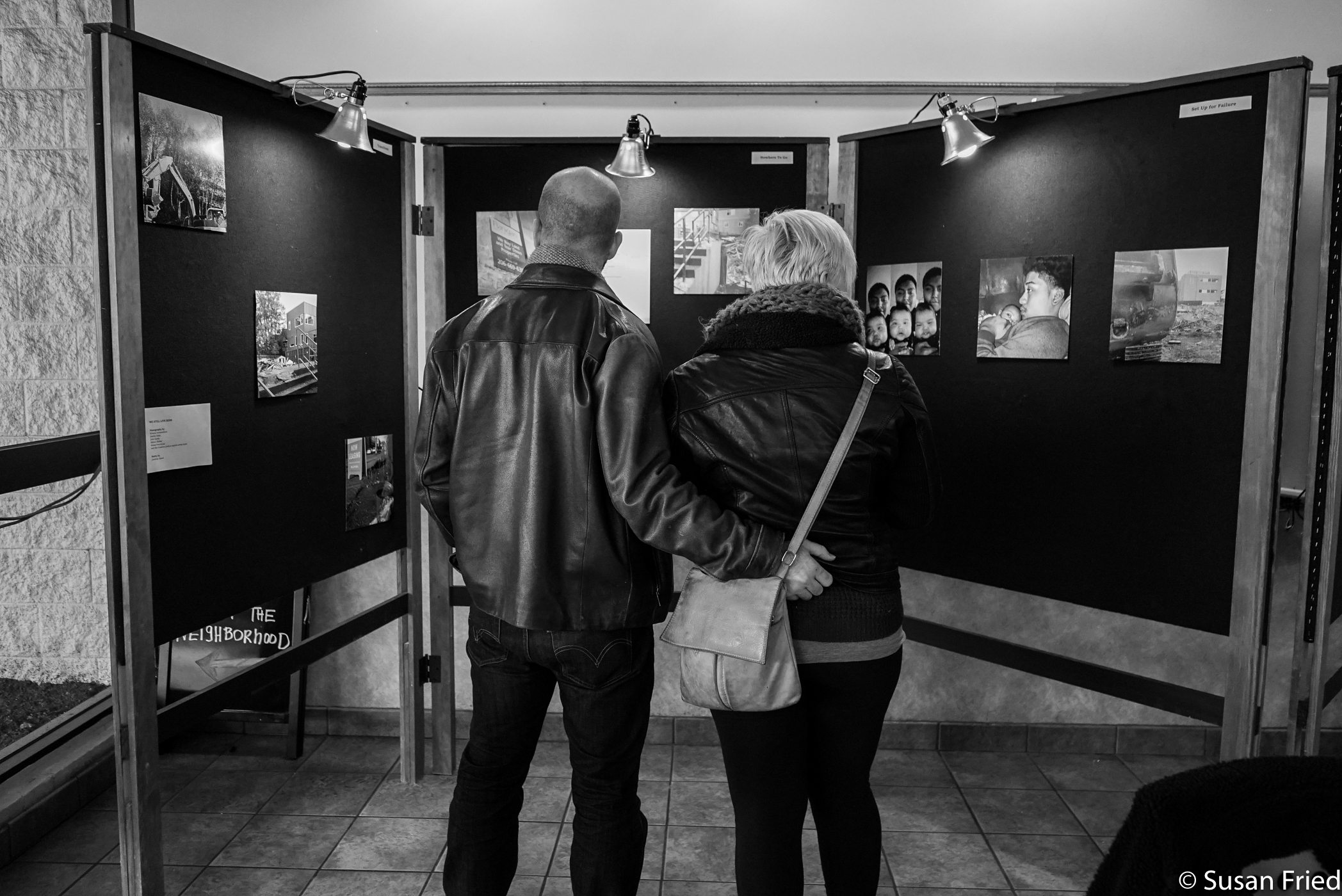
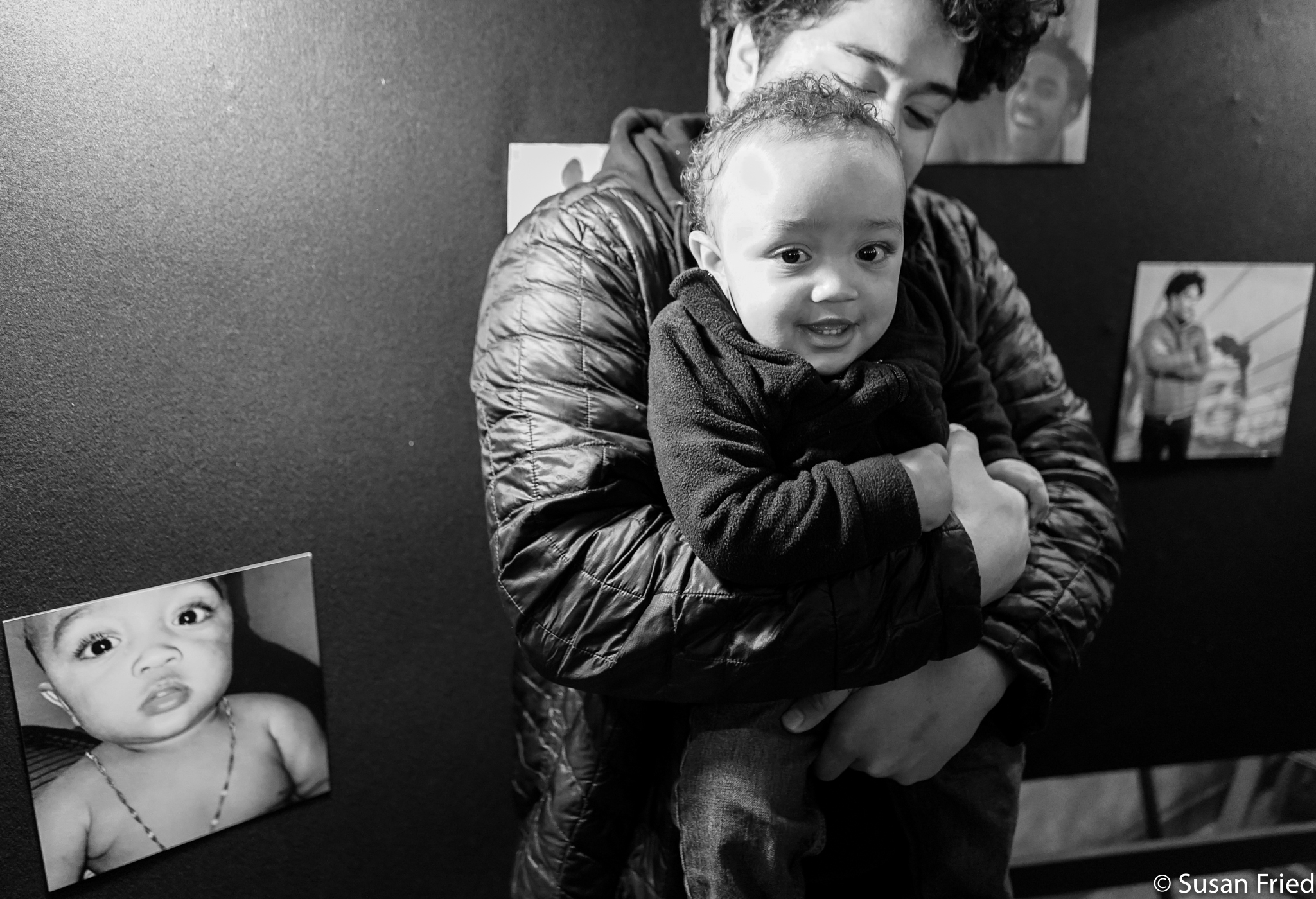
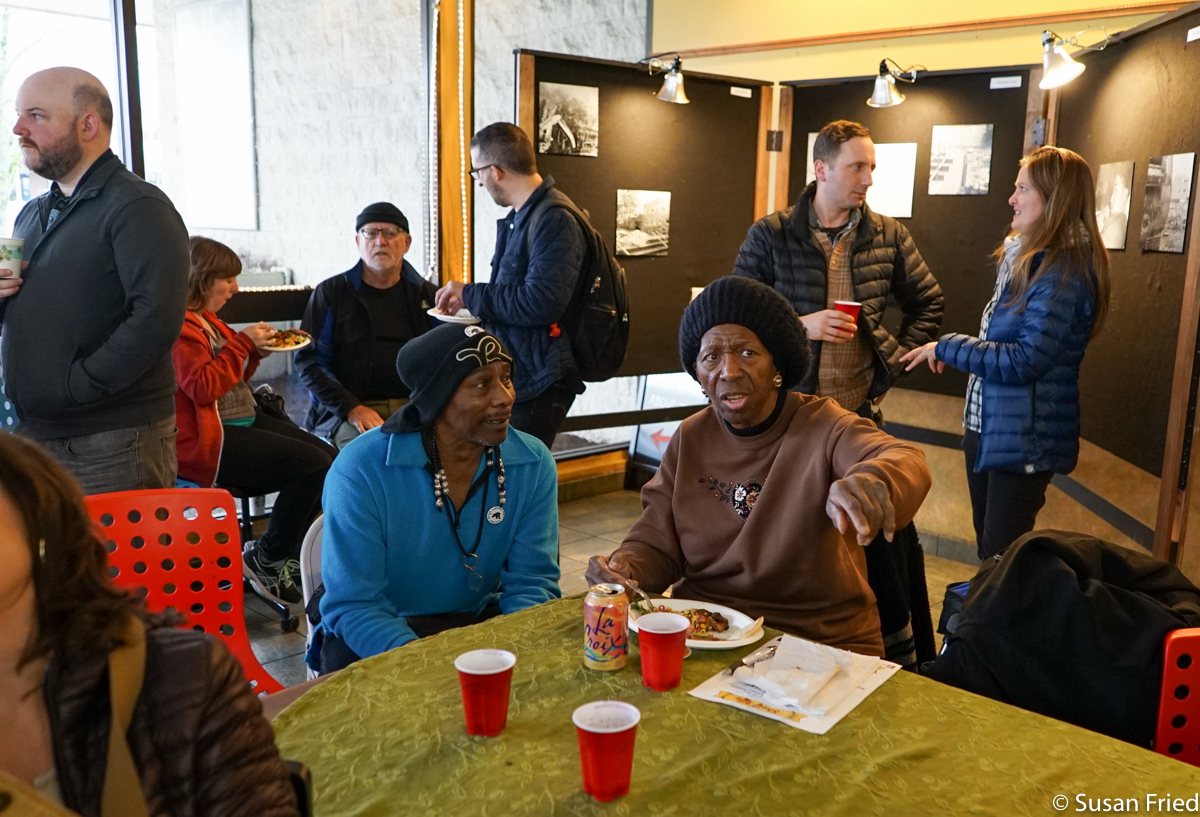
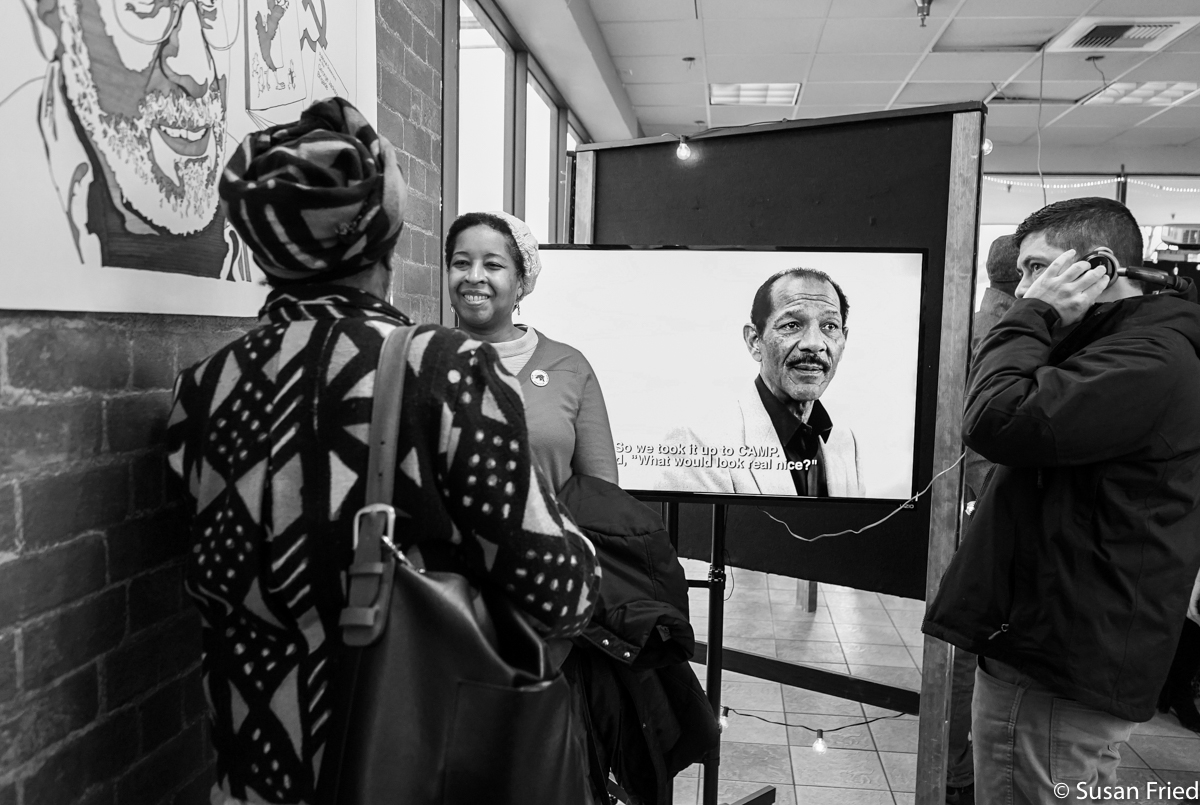
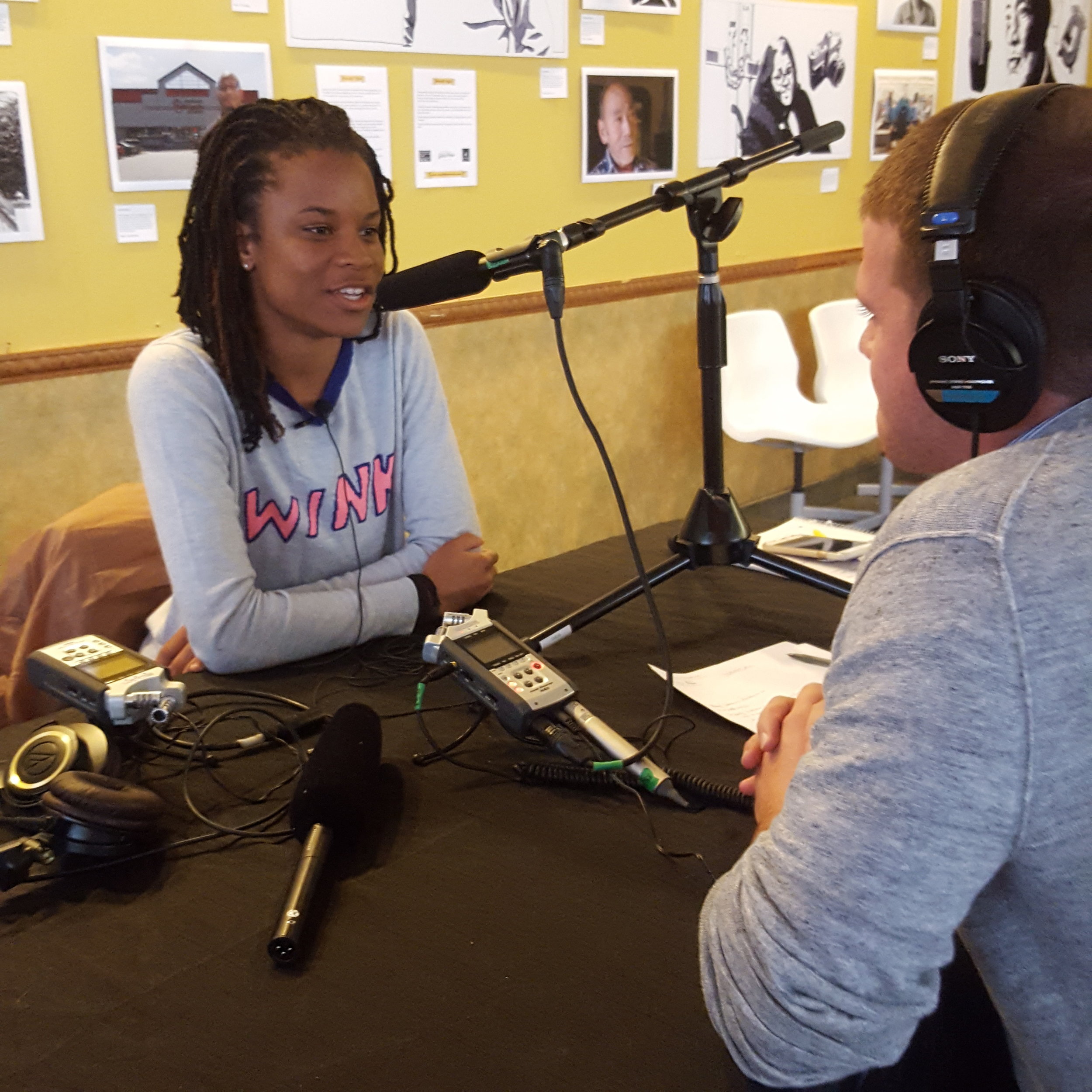
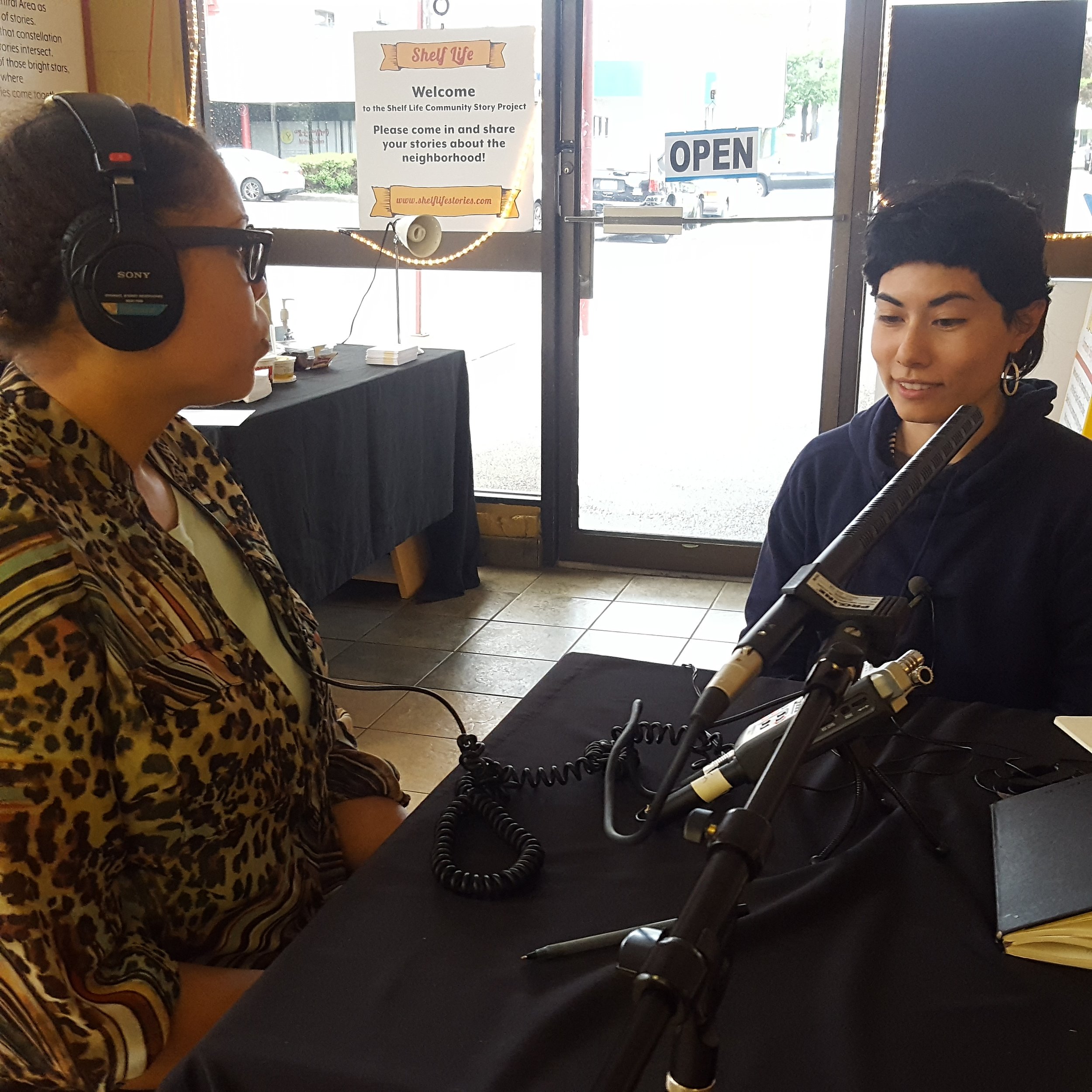
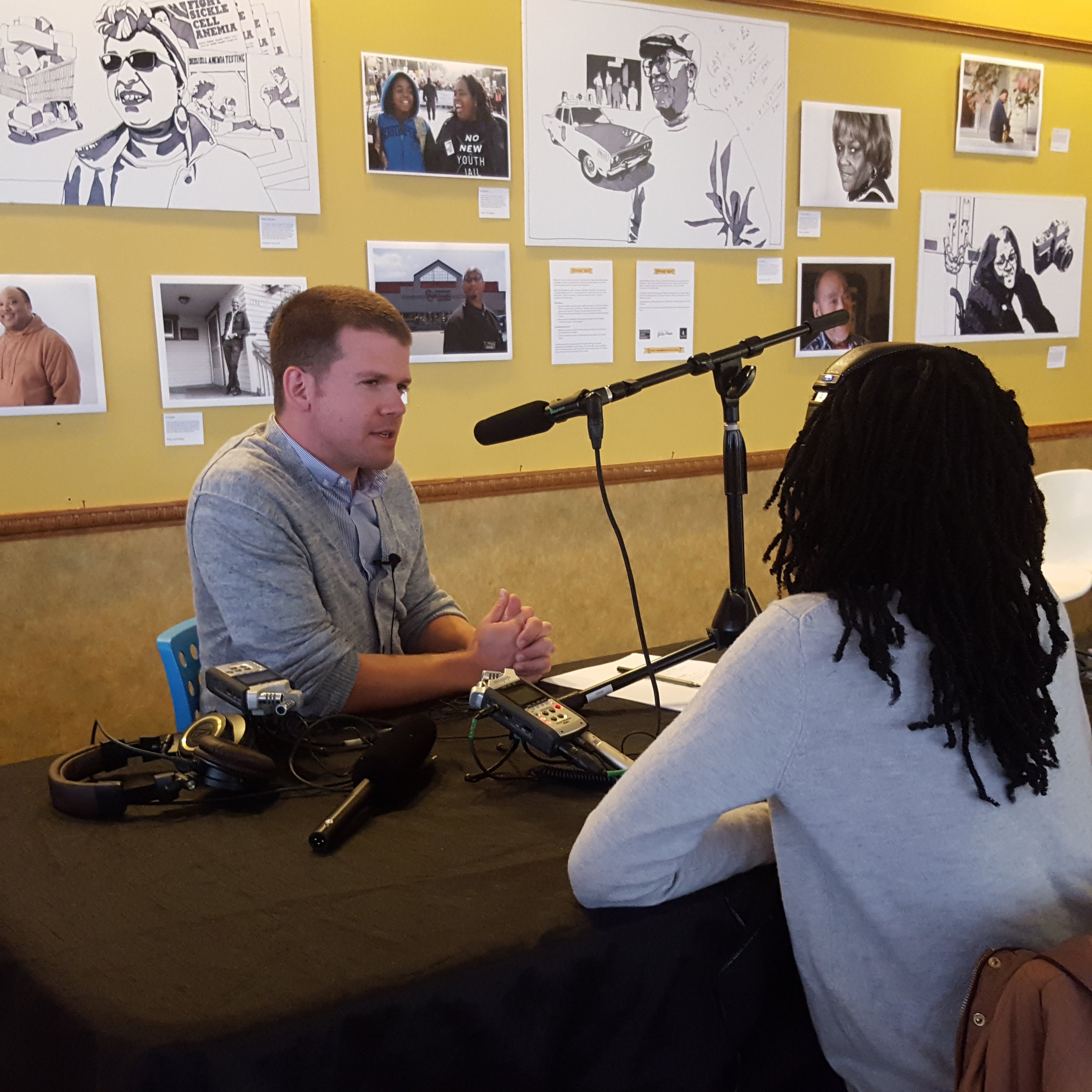
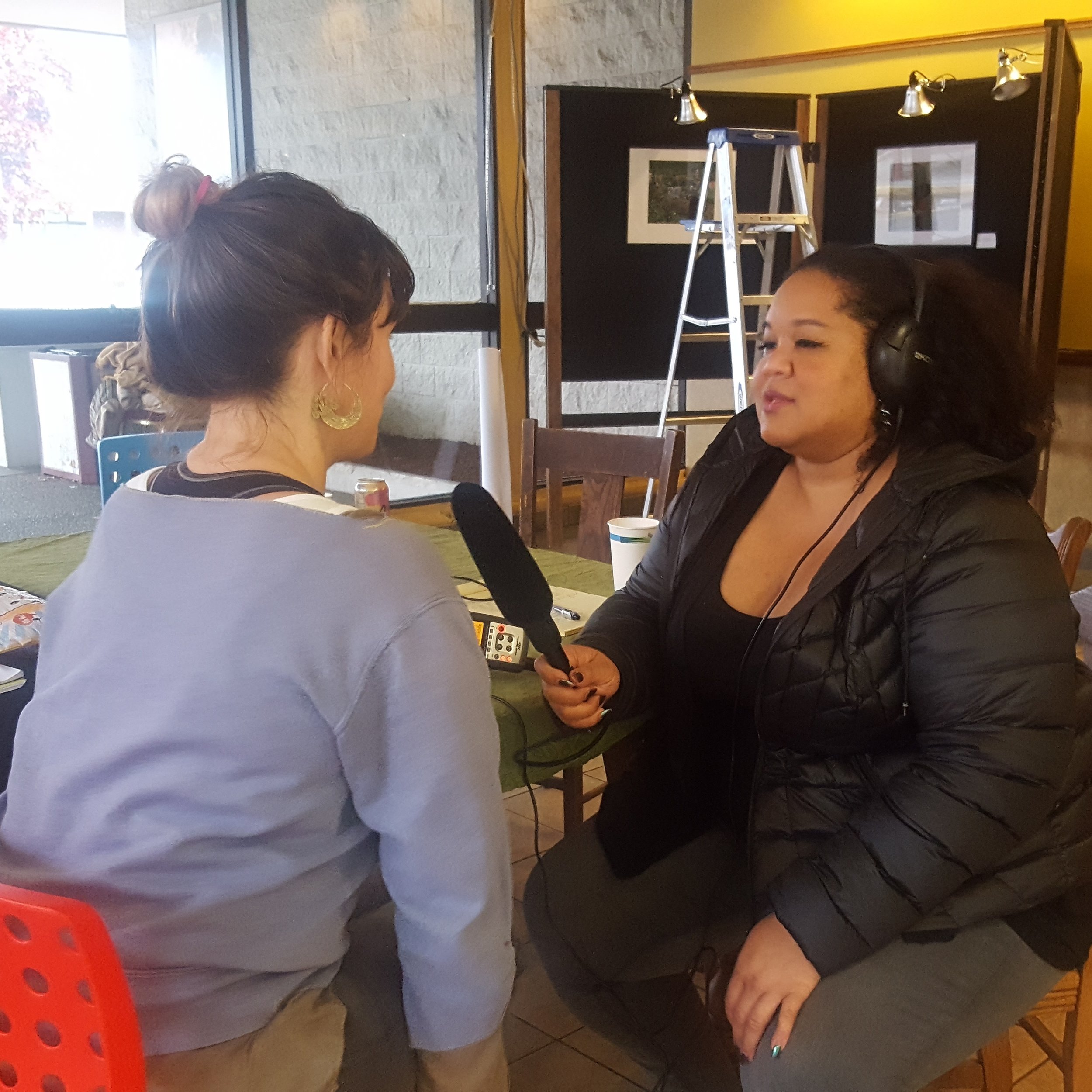
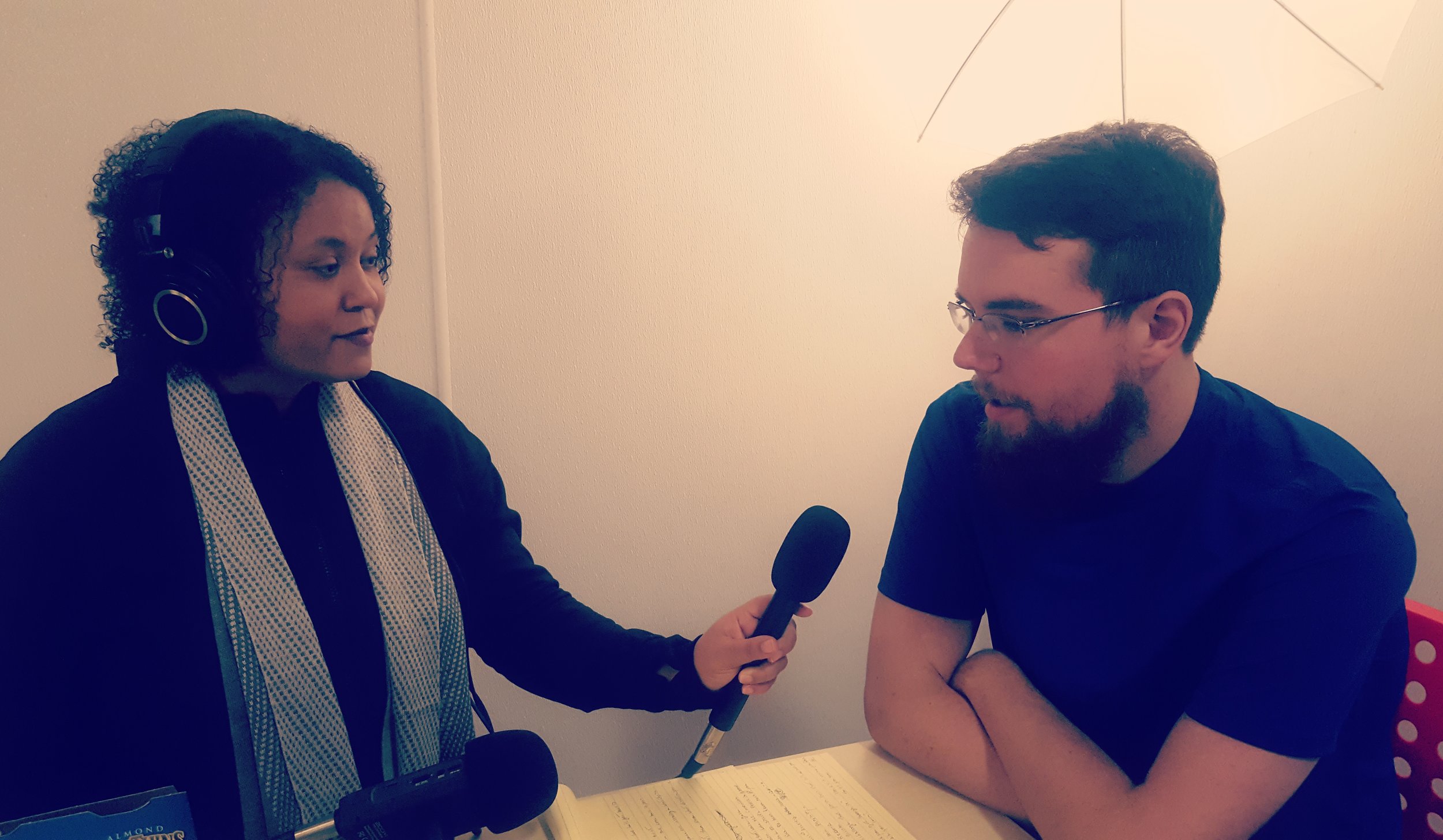
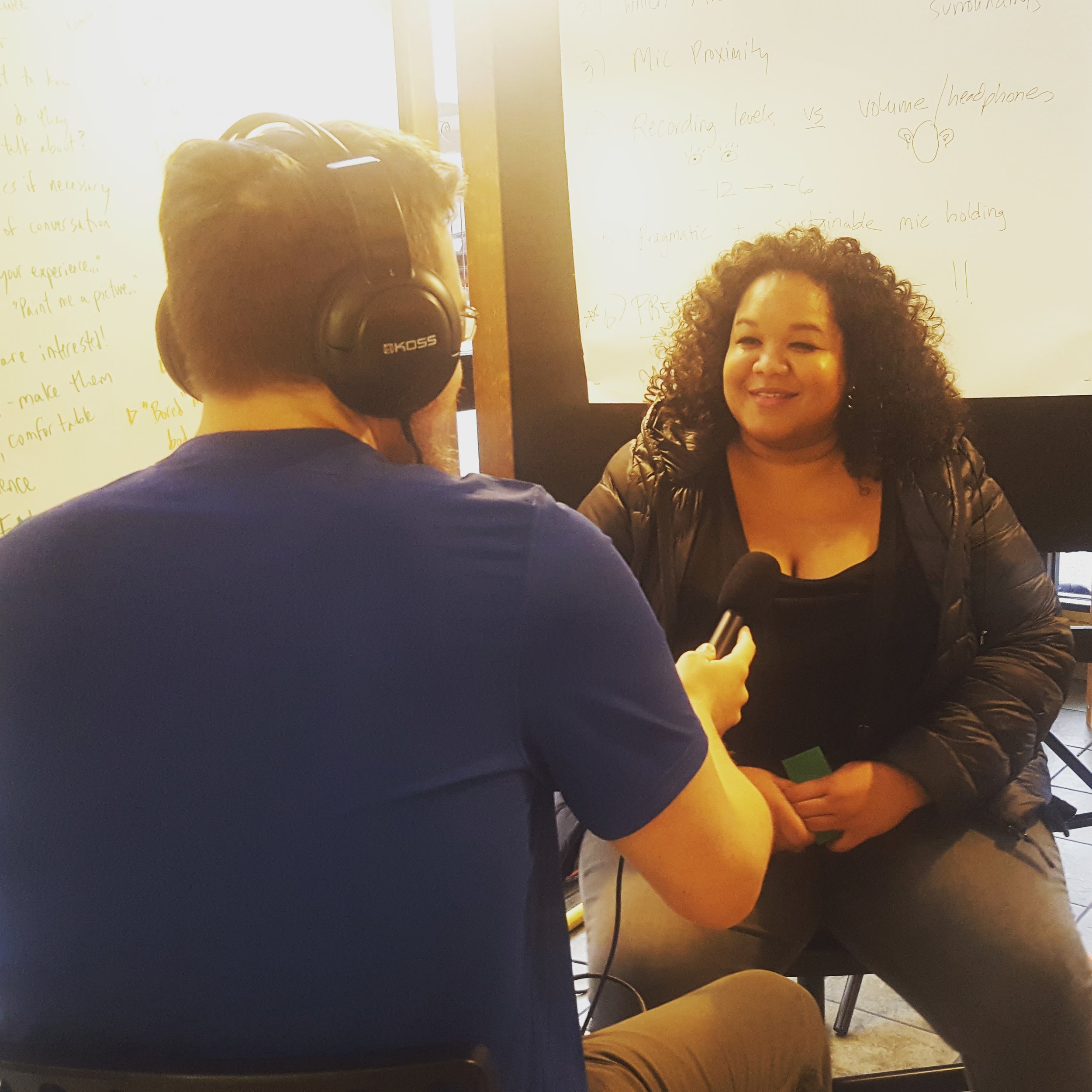
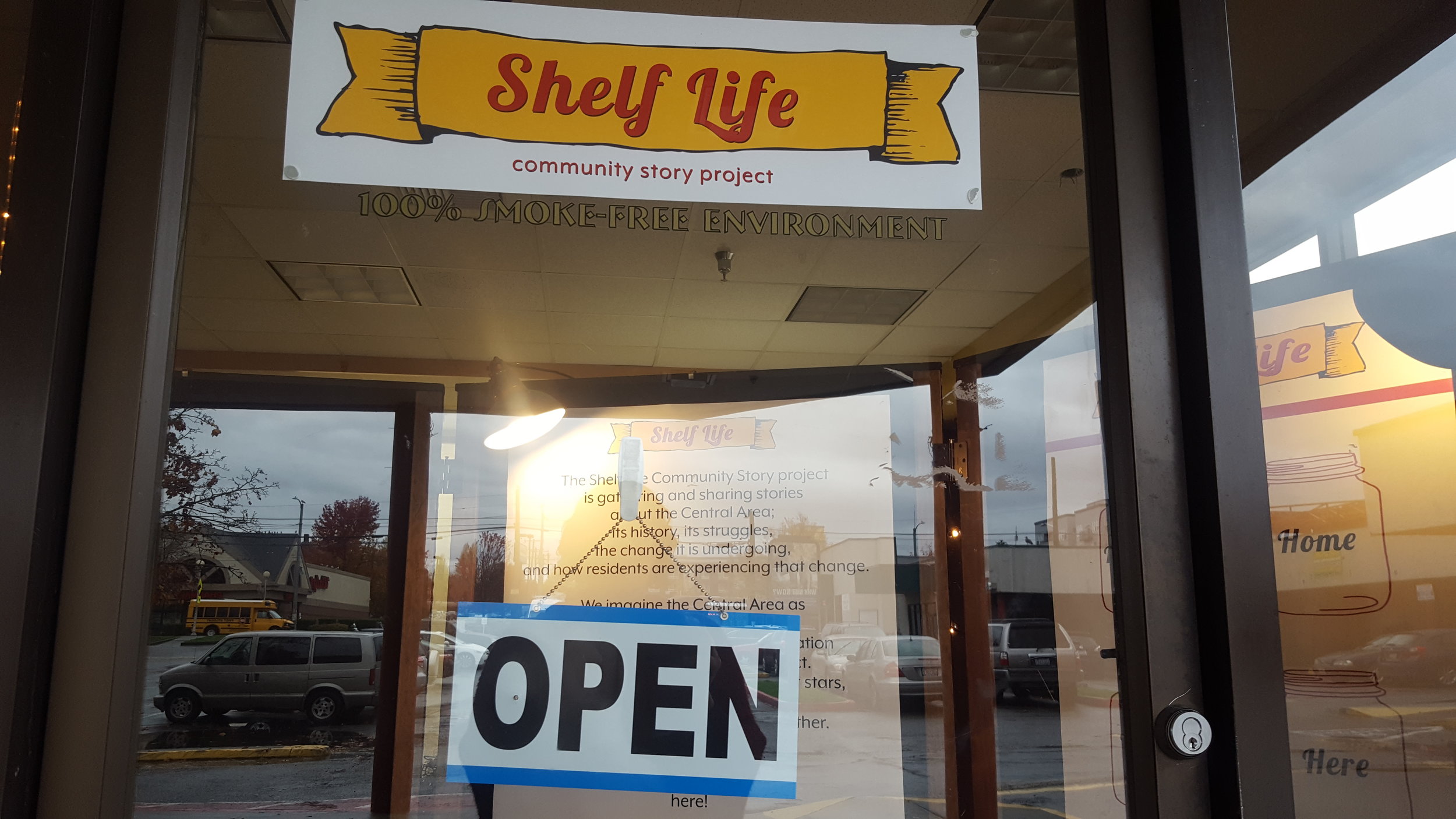
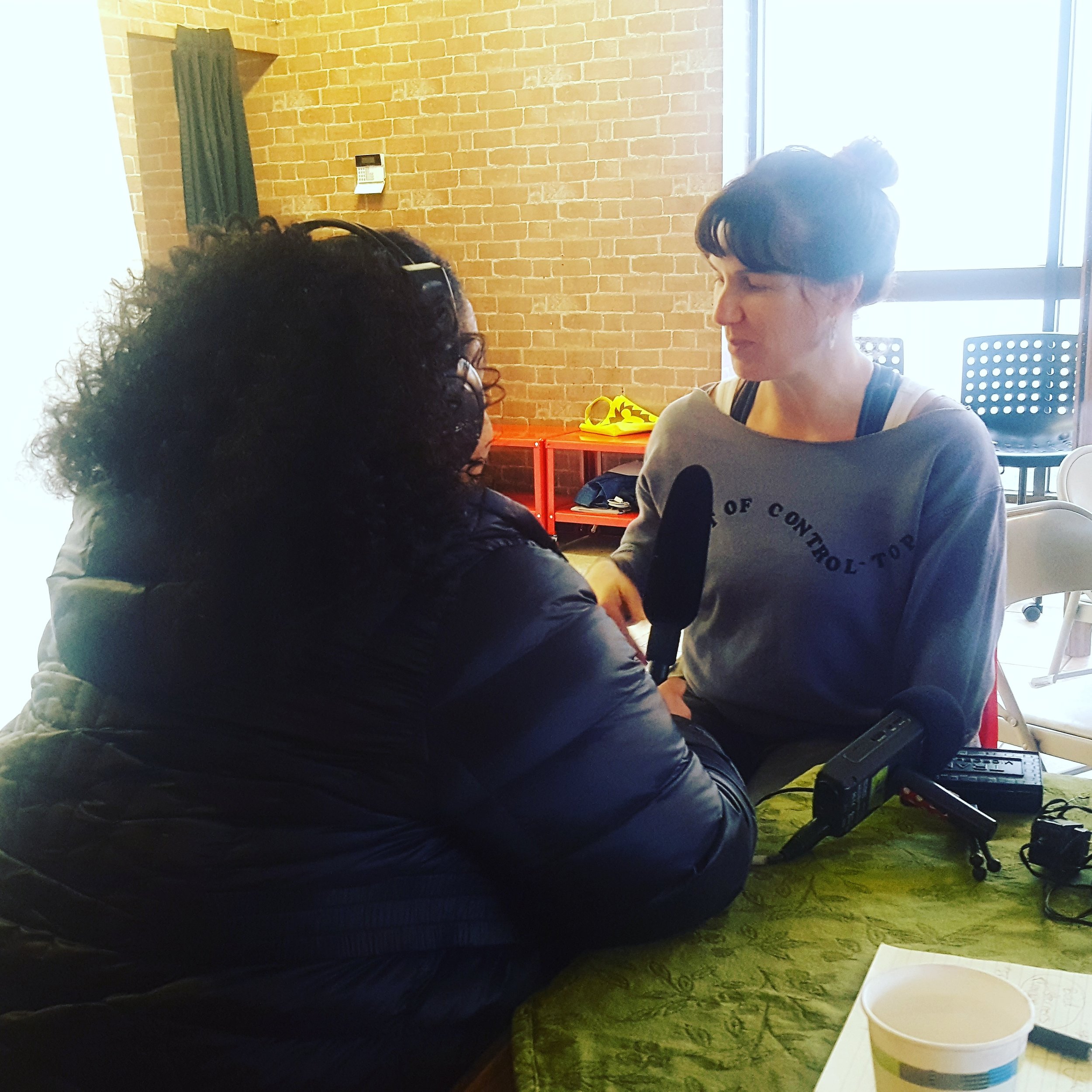
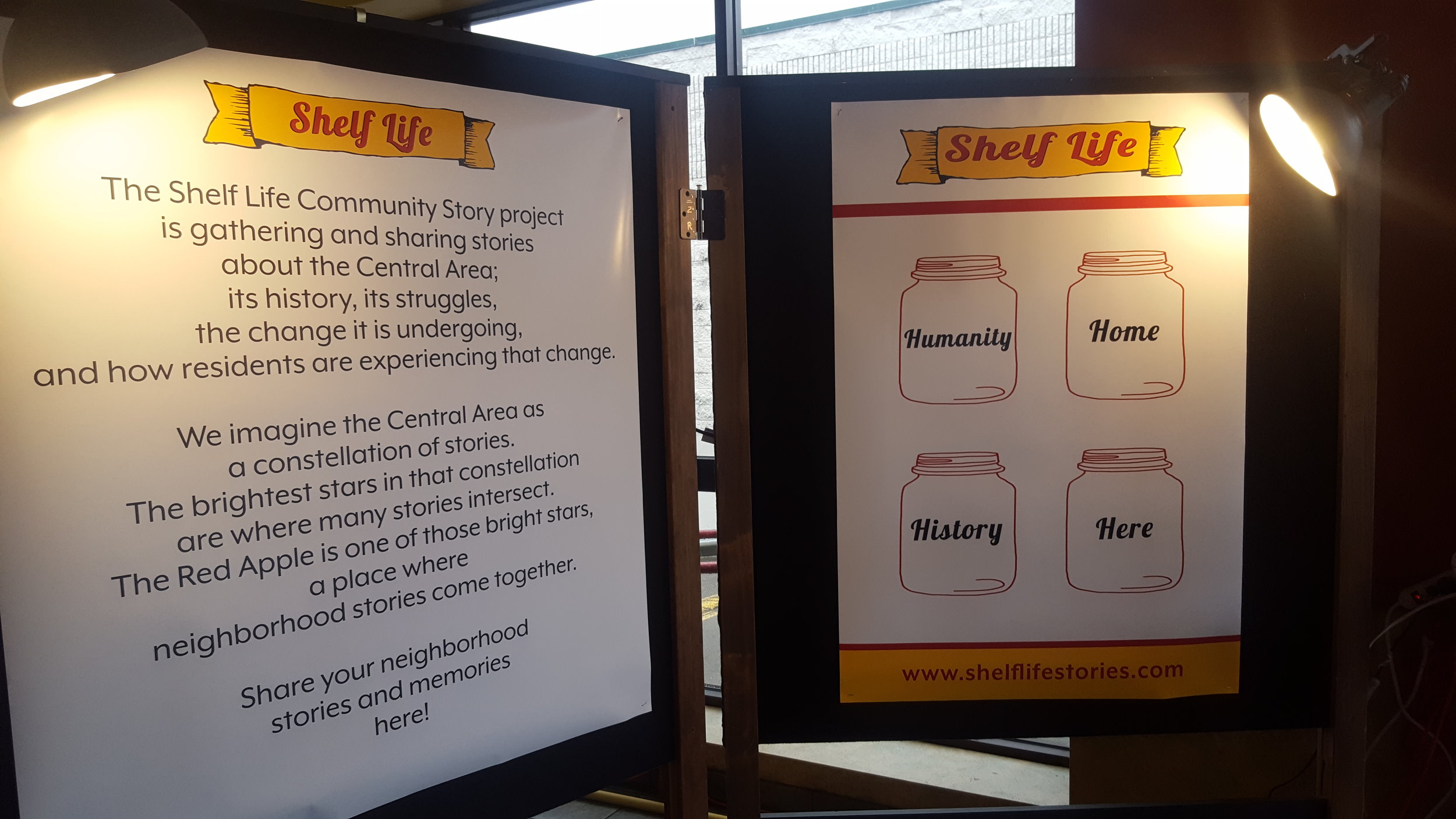
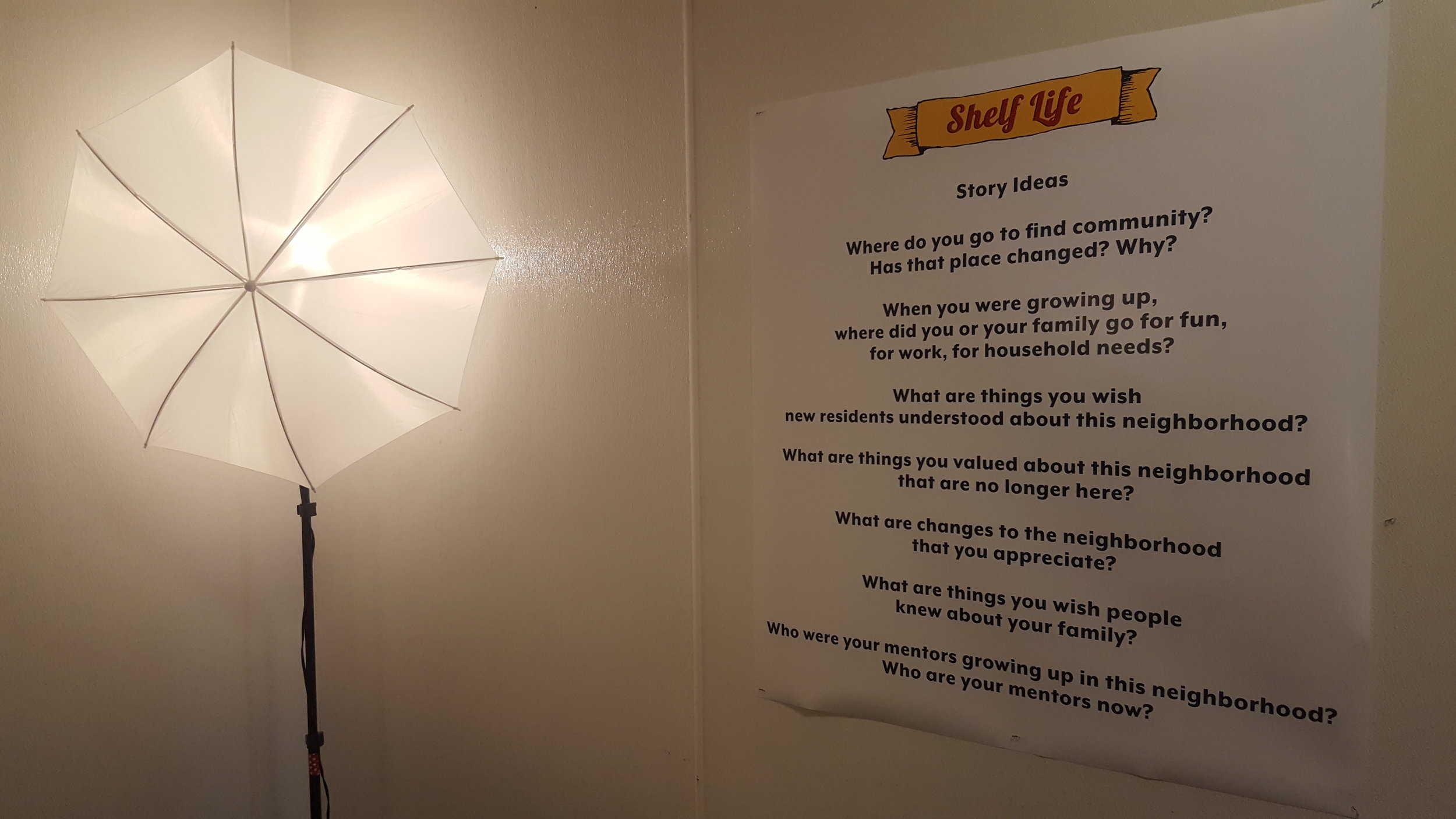
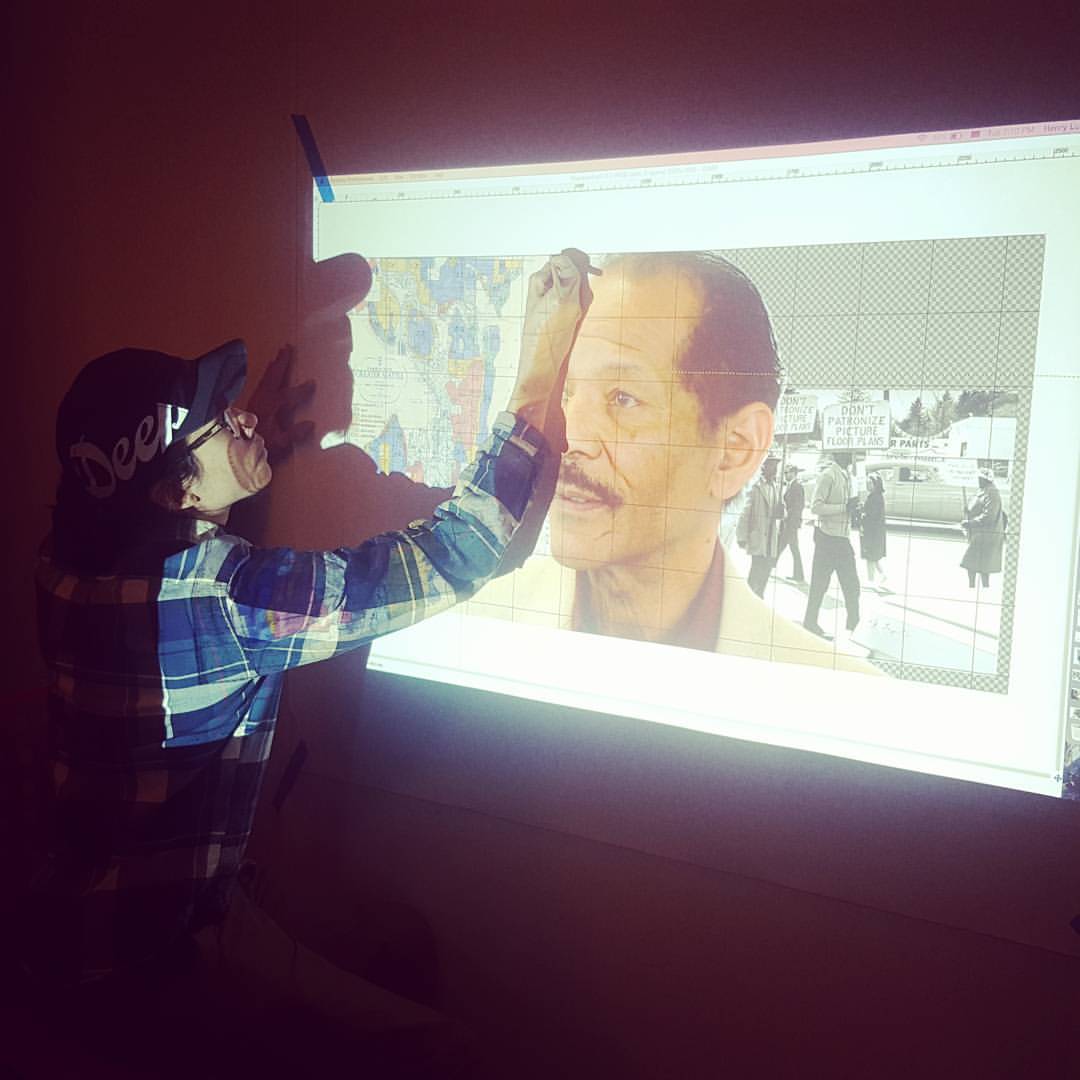
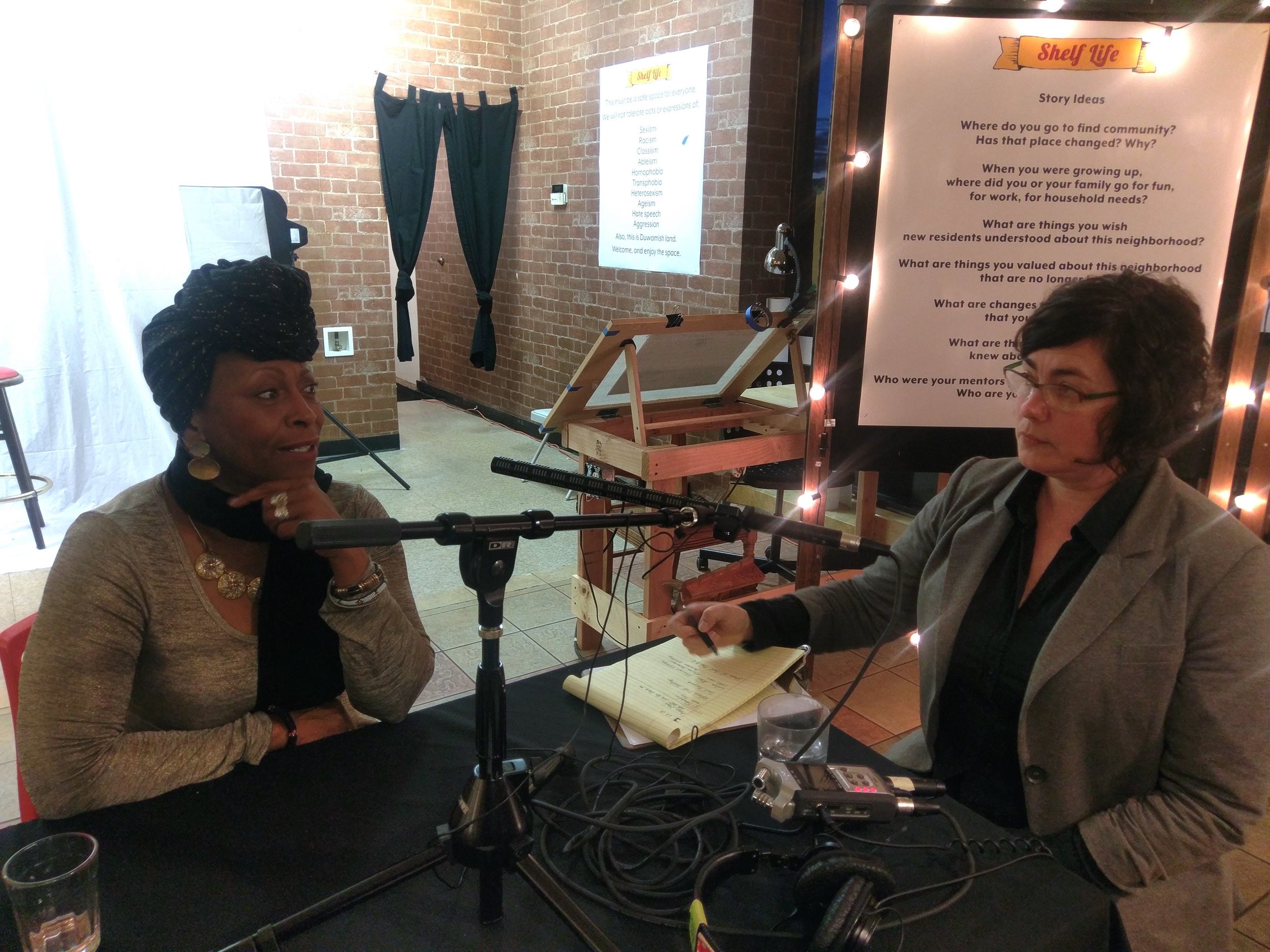
HOW WE DO IT
Shelf Life received funding from the King County 4Culture Heritage and TechSpecific programs and from individuals making modest donations. The project is primarily driven by volunteers, but when funding is available, the first people to get paid for working on the project are always people of color.
Guiding Principles
1) We acknowledge, and work to avoid, a historic pattern wherein white artists exploit the (usually unpaid) talent, time, and vision of people of color, then take all the credit and reap all the rewards in the form of grants and career advancement. We commit to:
a. Prioritize compensation of POC whenever and wherever possible.
b. Be clear and intentional about roles, expectations, contributions.
c. Share project voice - who speaks for the project and who do they represent?
d. Be transparent about all project funds and expenditures.
2) We acknowledge, and work to avoid, the tendency to use people’s stories in ways that look and feel like the commodification and consumption of pain and hardship. We commit to:
a. Look for ways to include the affected communities in the sharing and gathering of stories.
b. Be intentional about where, how, and with who the stories are shared.
c. Seek out and center stories that are not about pain and hardship and that are about innovation, tenacity, solidarity, community building, celebration, art, and beauty.
3) We acknowledge that who we are (and the privileges we have) influence the decisions we make about who to interview, what to ask them, how to edit those stories, and how to interpret those stories. We commit to:
a. Train people of different backgrounds, genders, races, ages, languages, etc, to recruit, engage, and interview project participants.
b. Employ a diversity of tactics for engaging community and seeking out community spaces in which to record stories.
c. Study and seek to understand the existing scholarship about power and privilege in story gathering / oral history environments.
d. Use our privileges, access, and power to bring community stories to conversations with new residents, policy makers, and developers, using context and history to depolarize conversations about change, gentrification, and displacement.






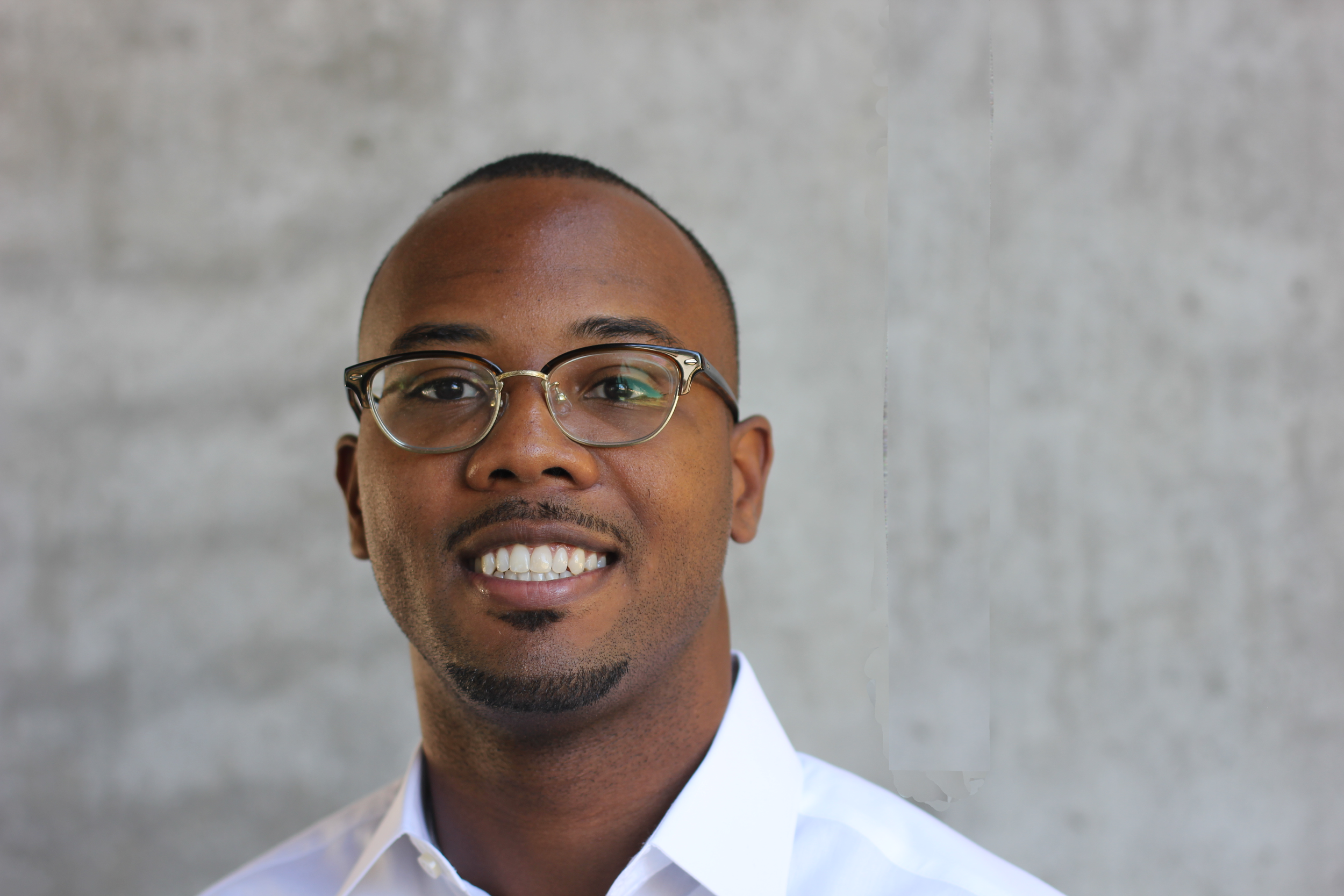

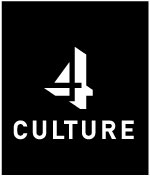
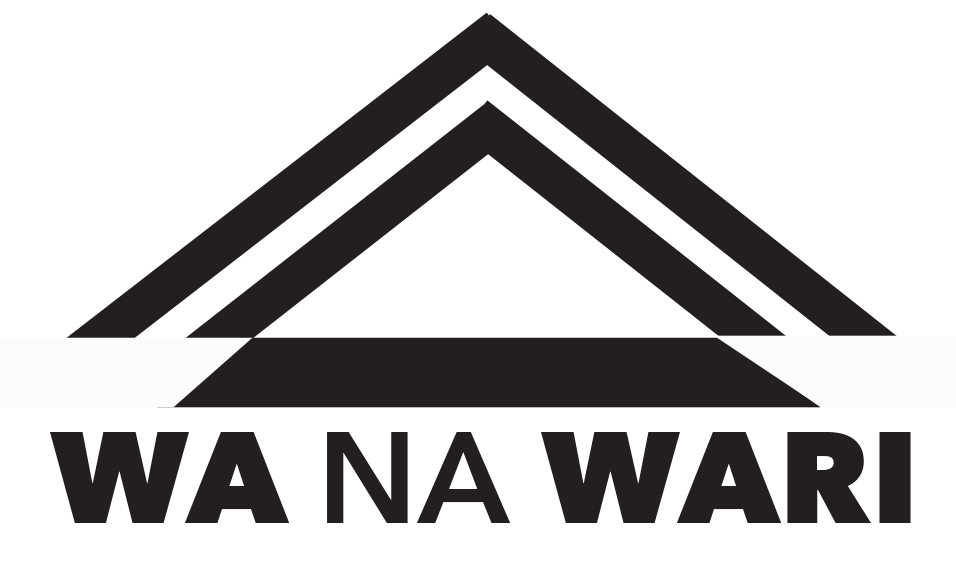
![OAC_logo[white].png](https://images.squarespace-cdn.com/content/v1/582dda6d3e00be41c61a1055/1527104592850-033MKPQ16H1HJQUMLPN1/OAC_logo%5Bwhite%5D.png)
